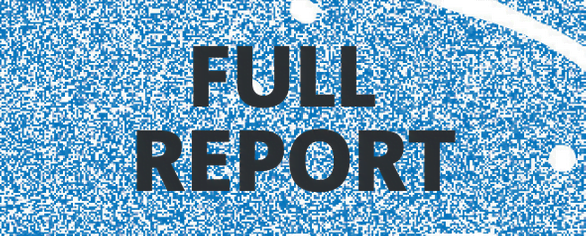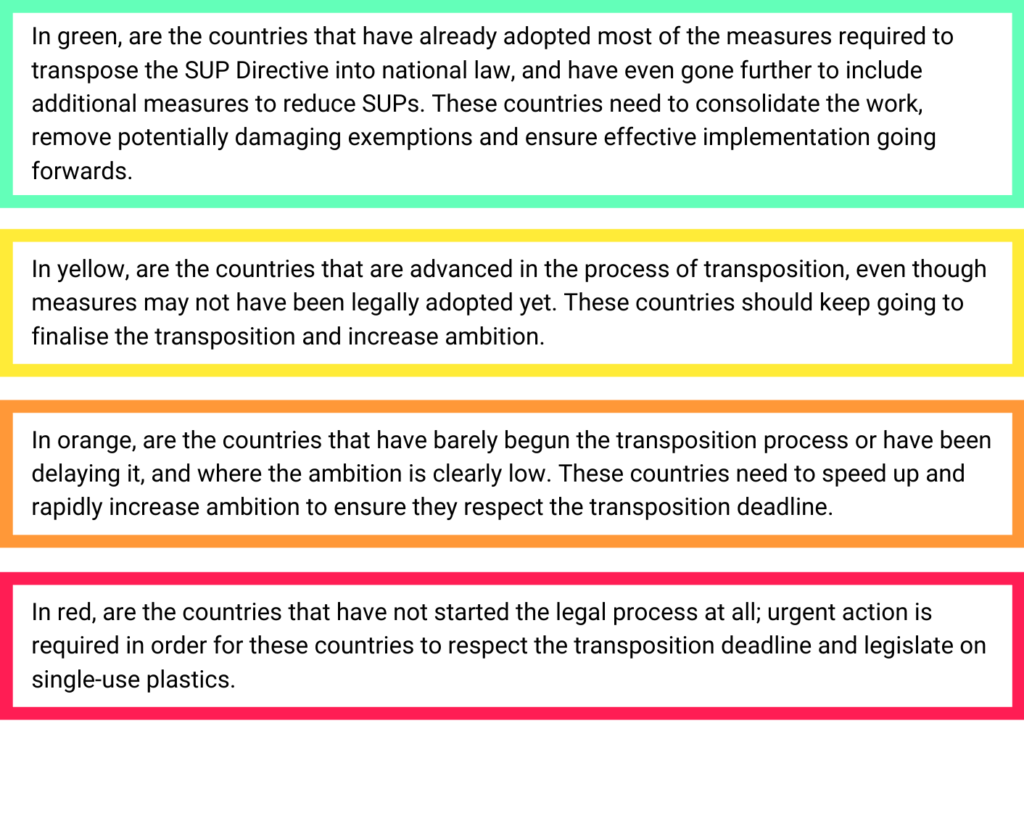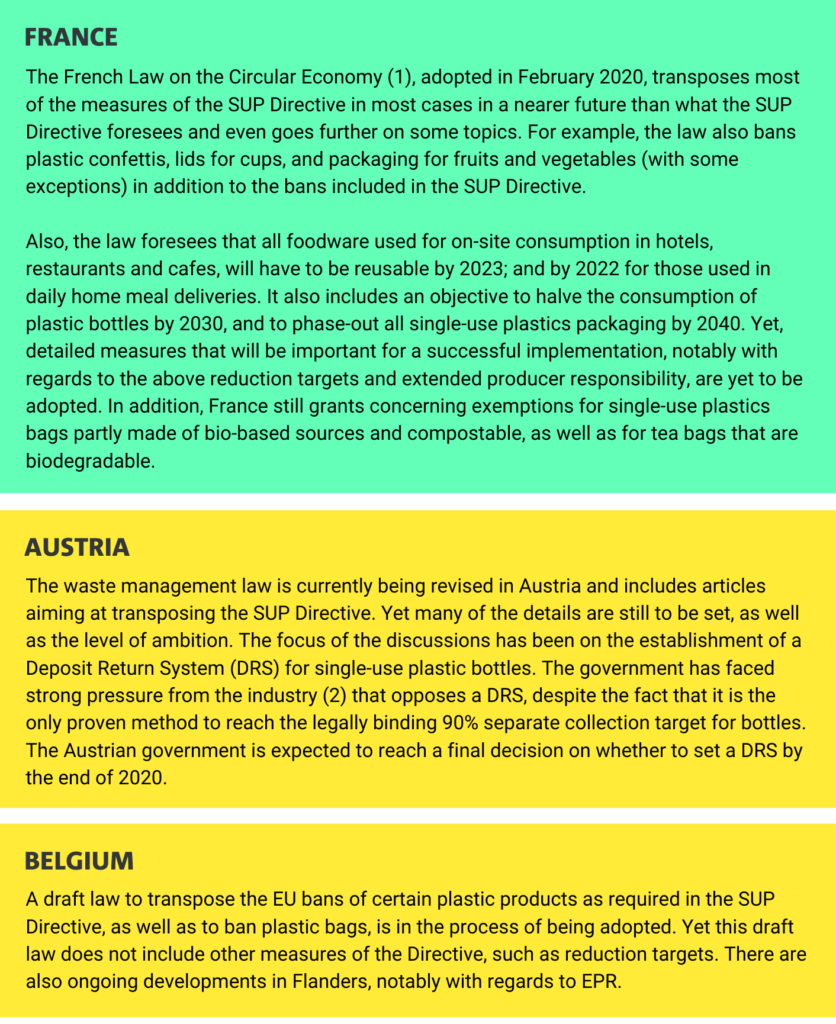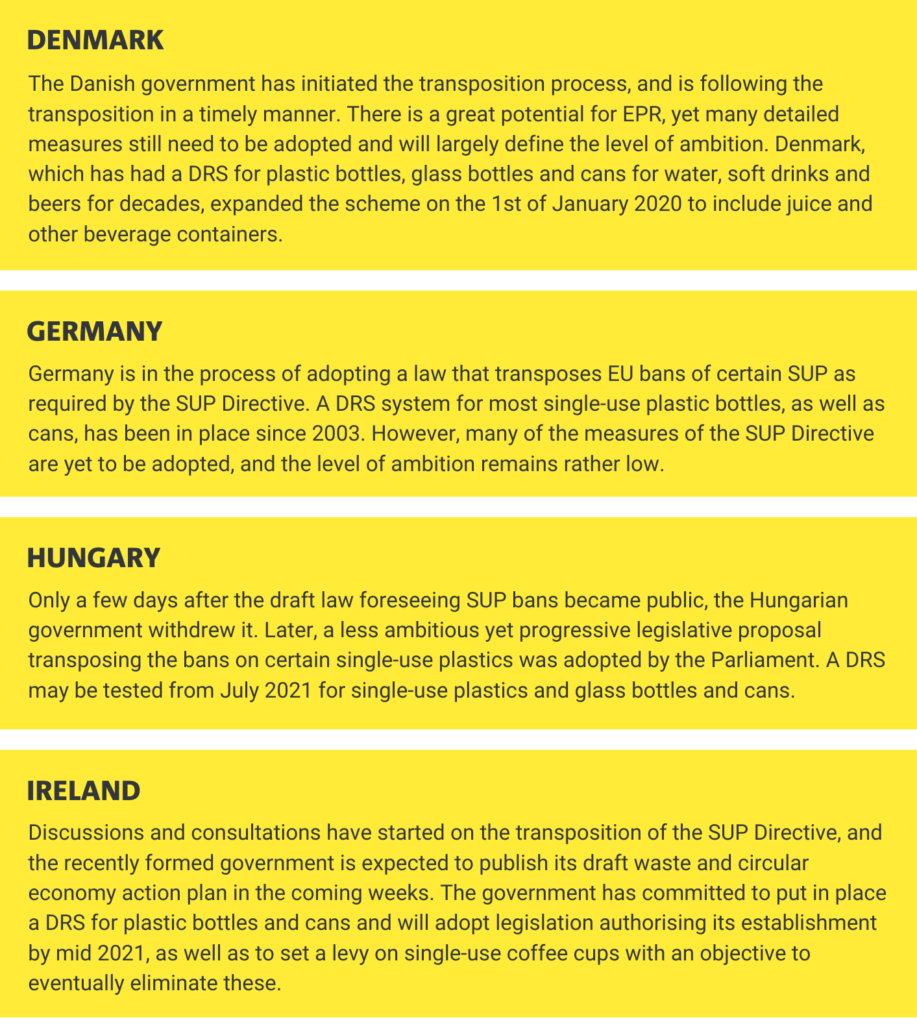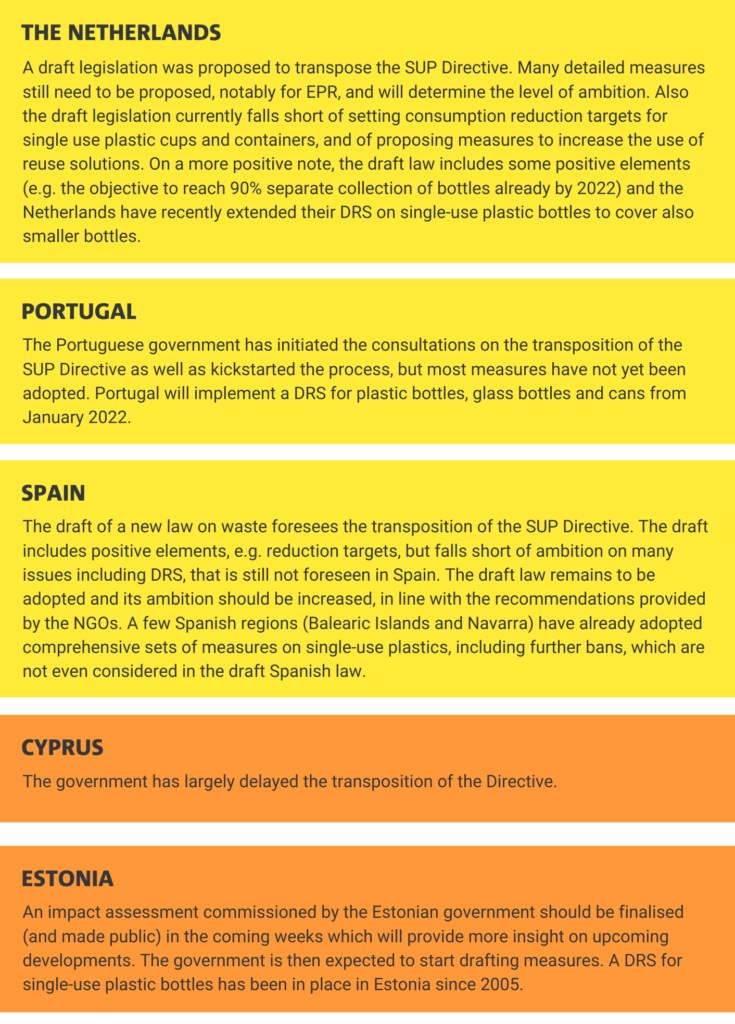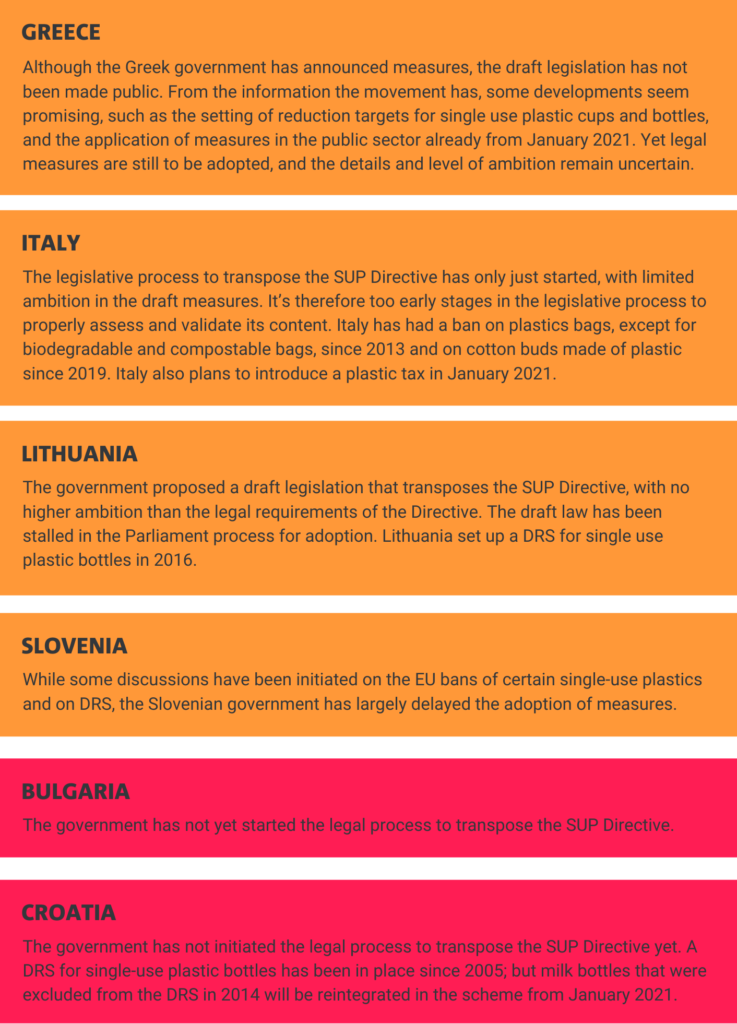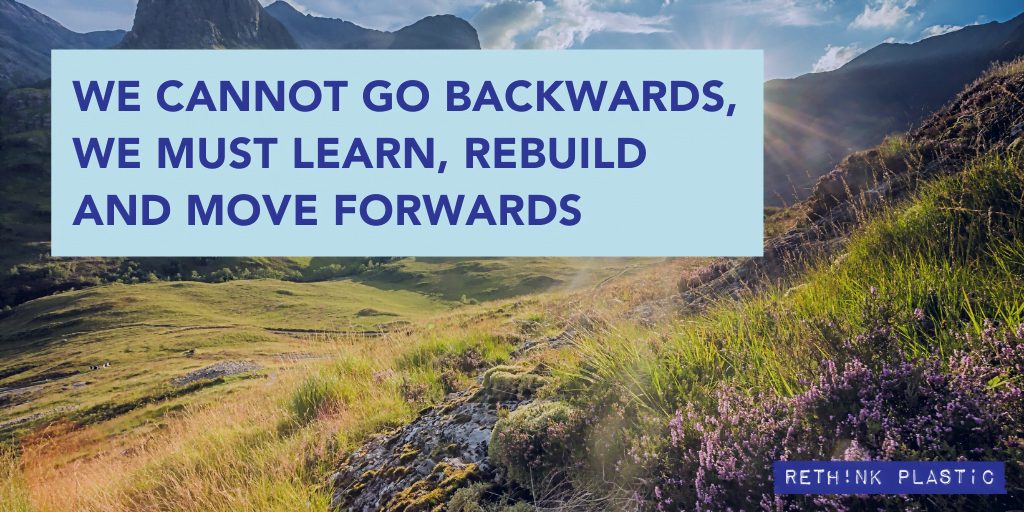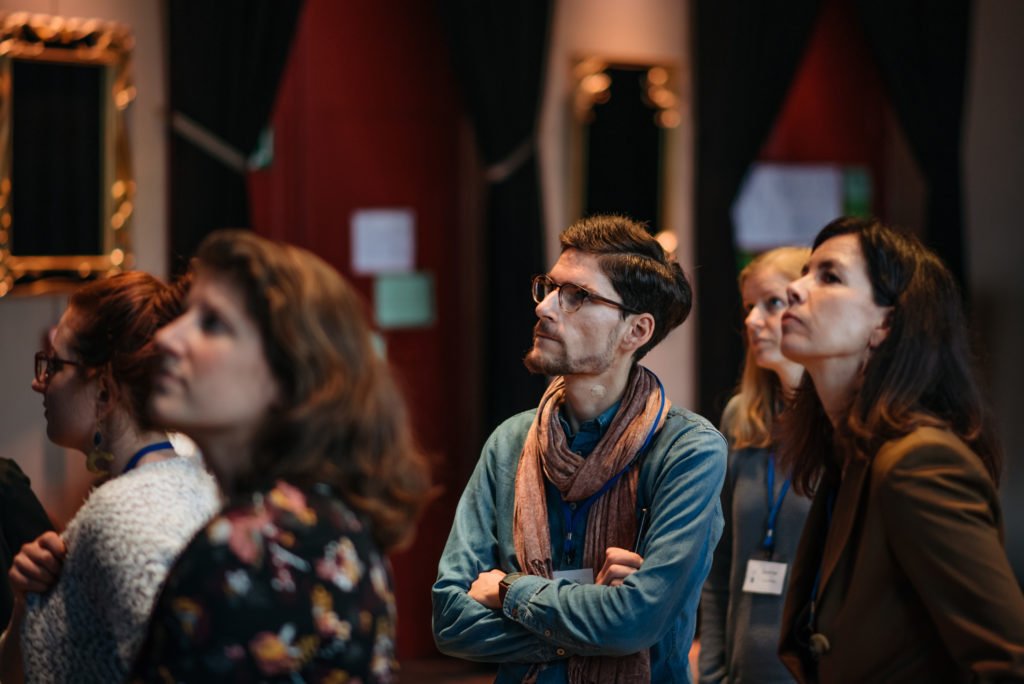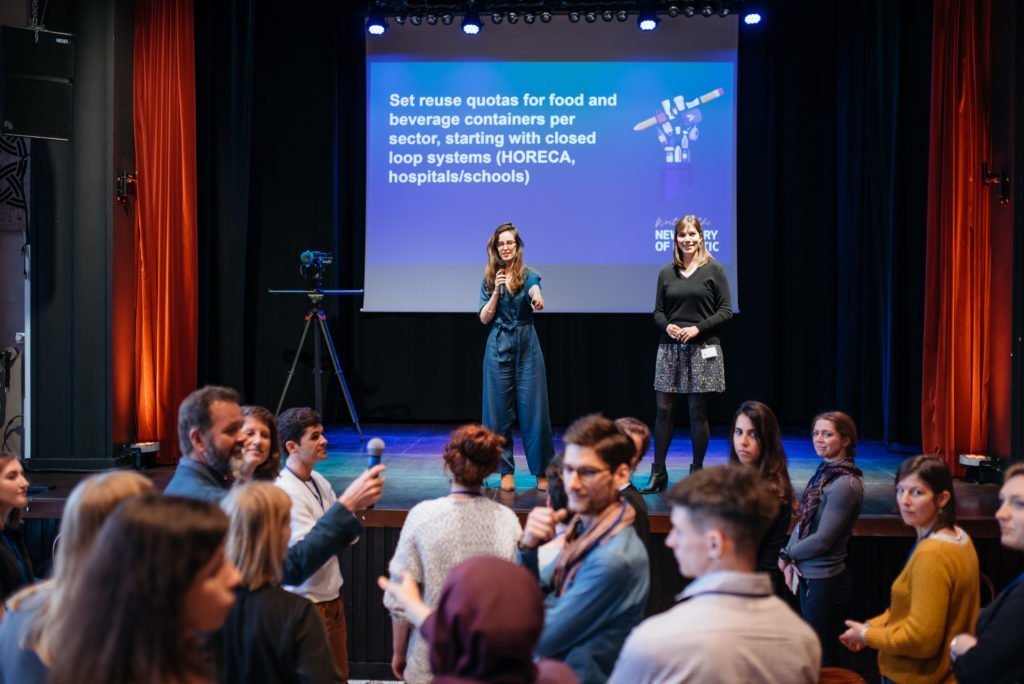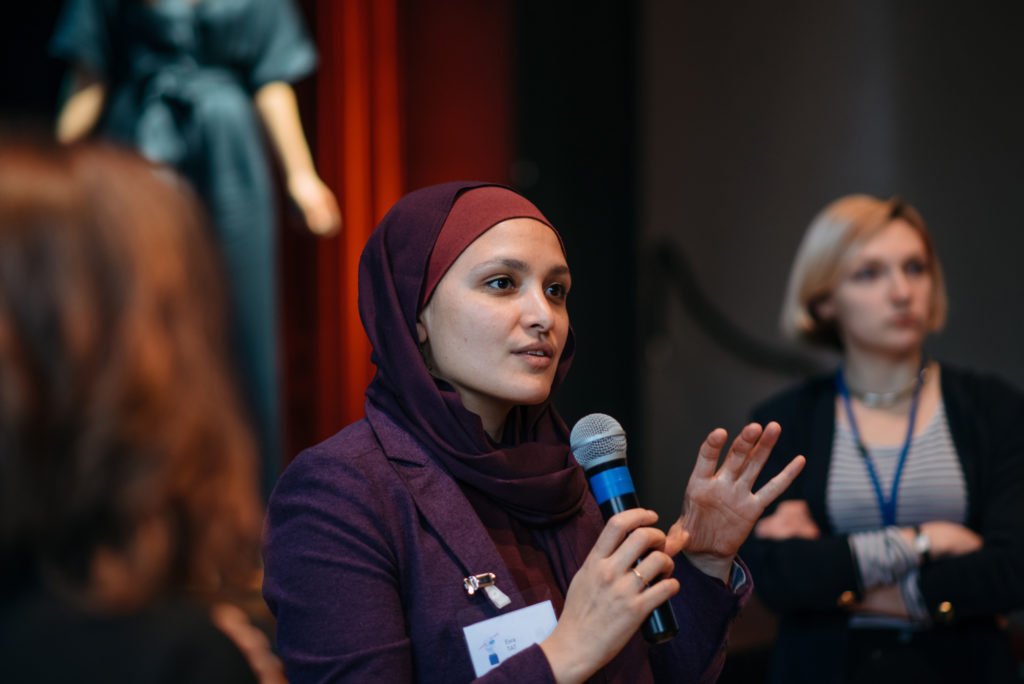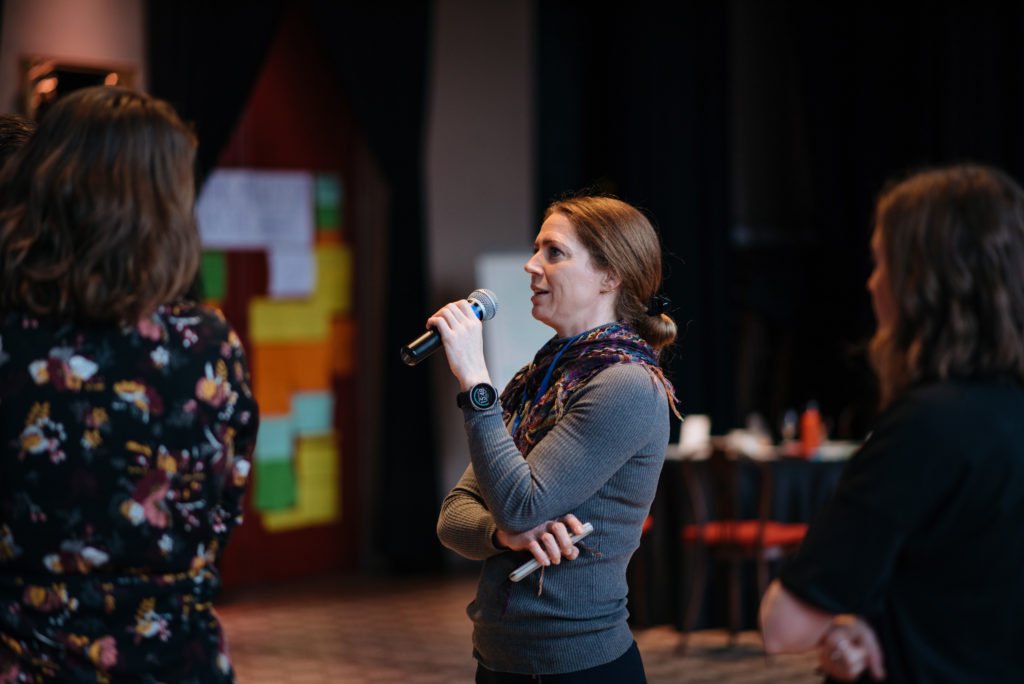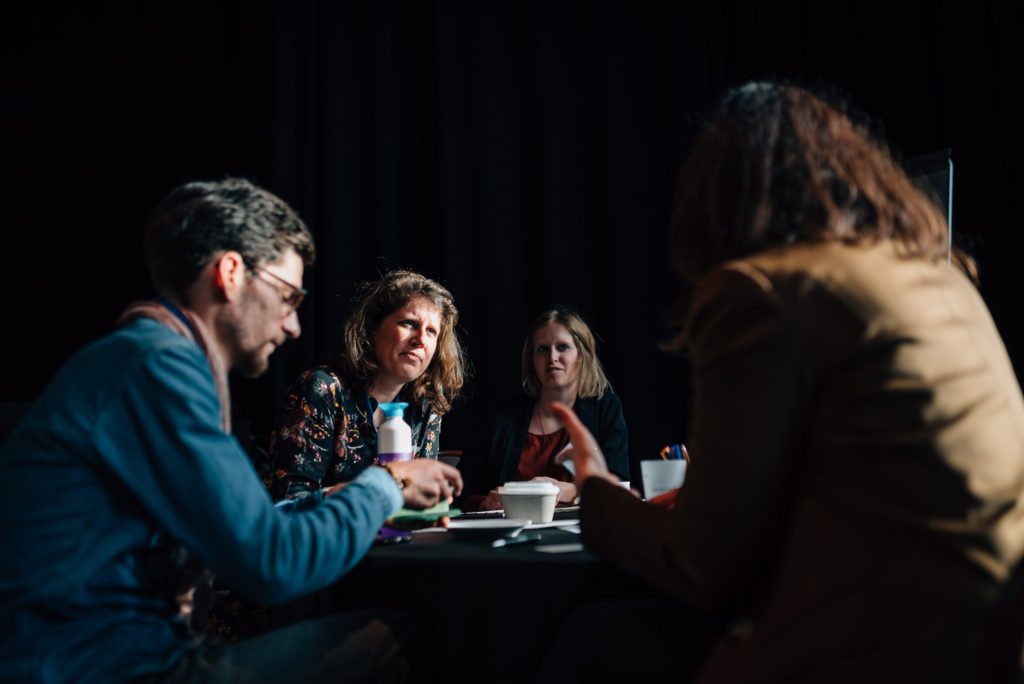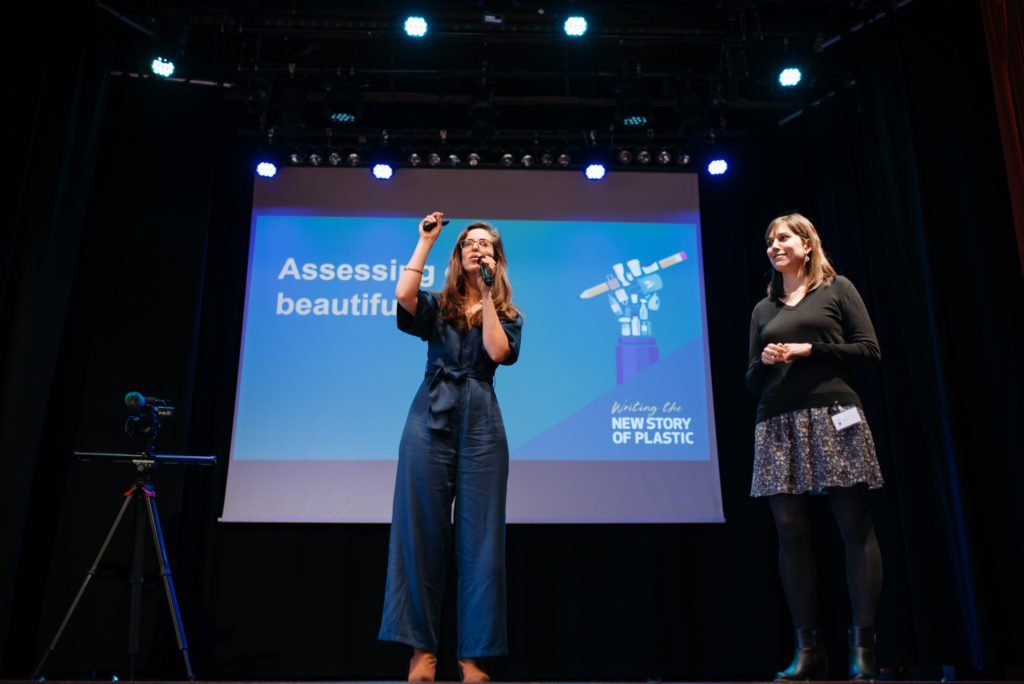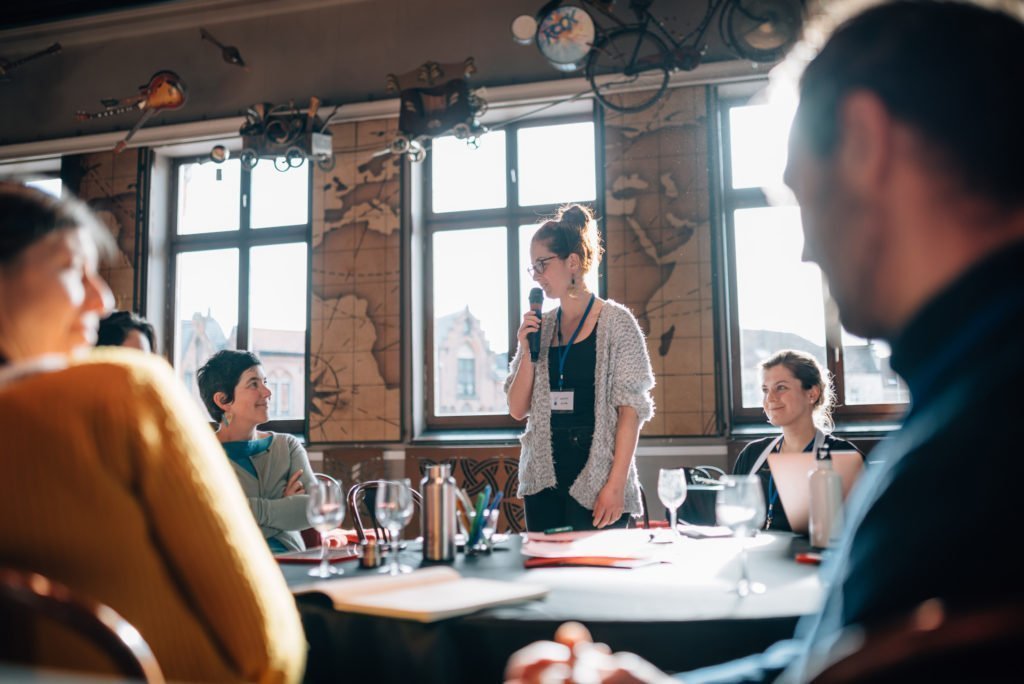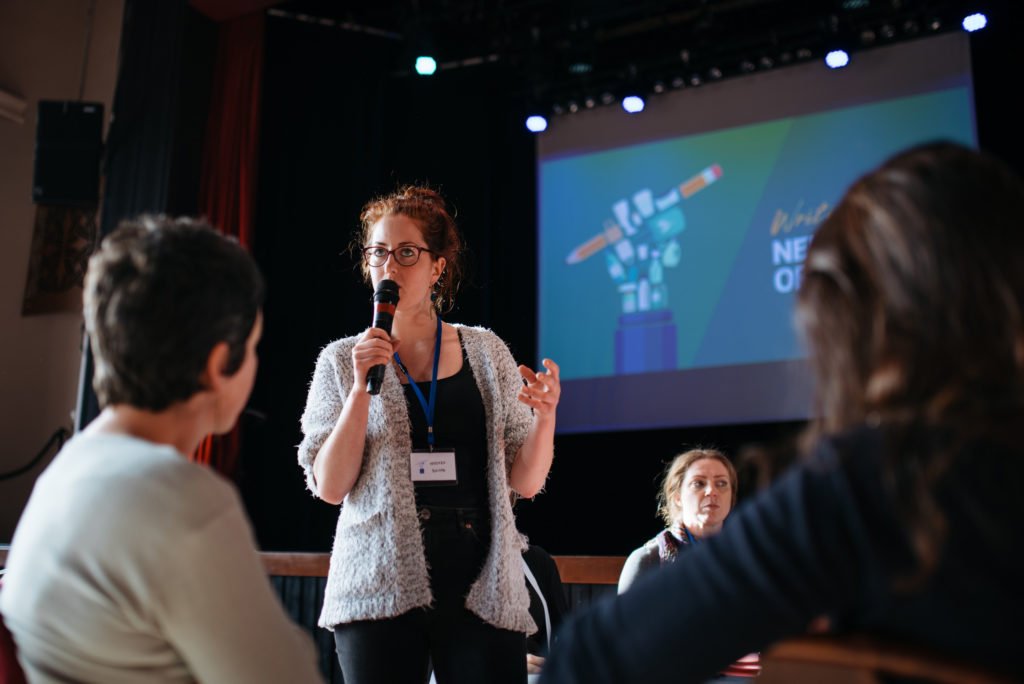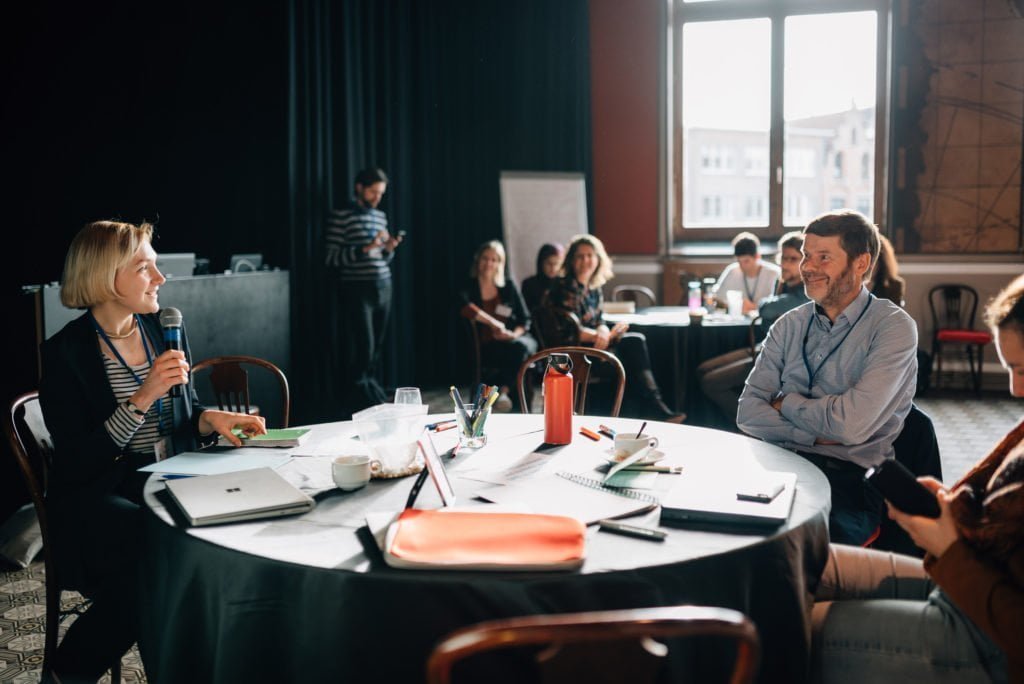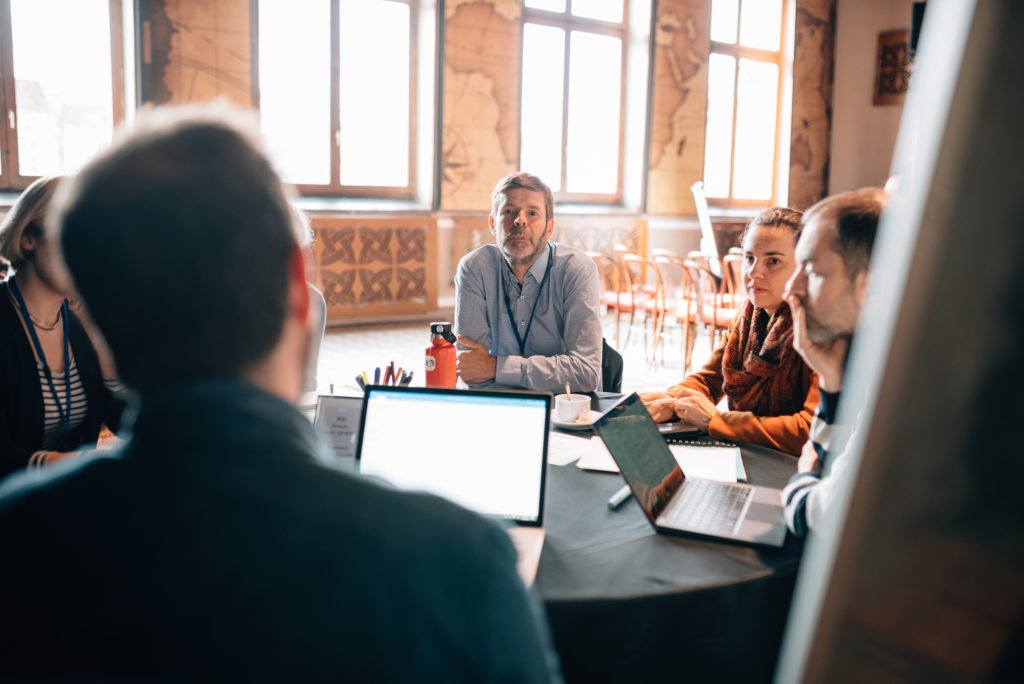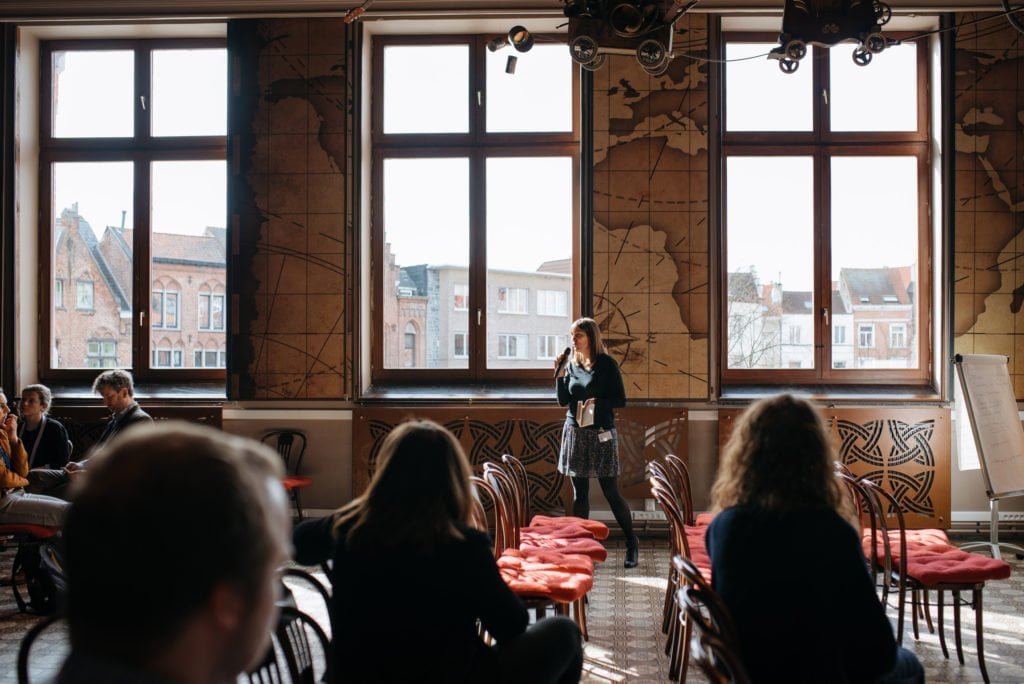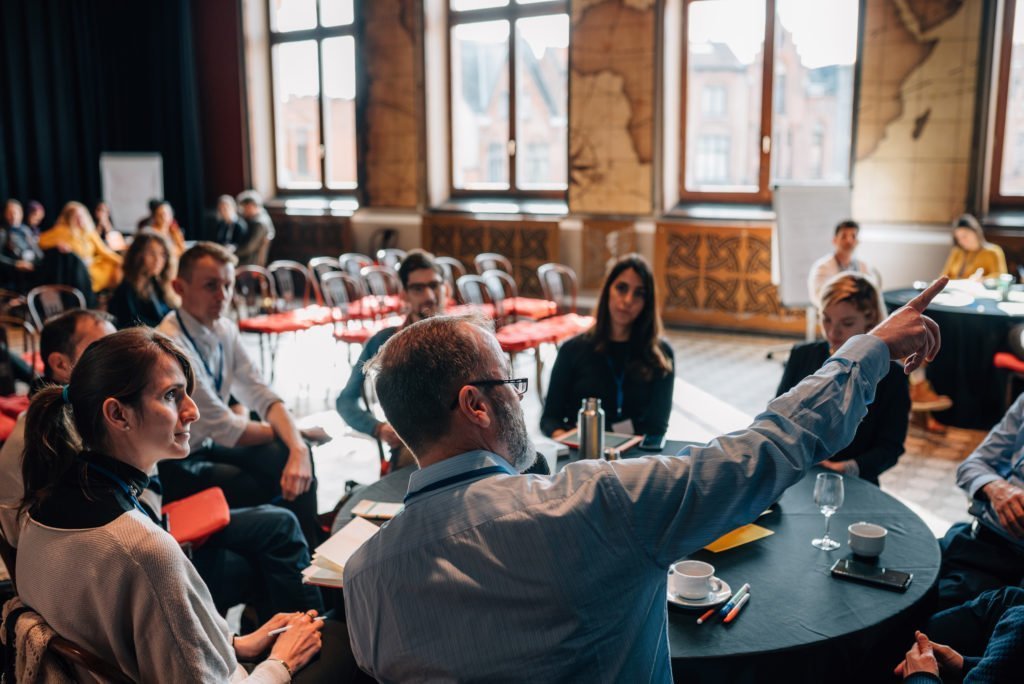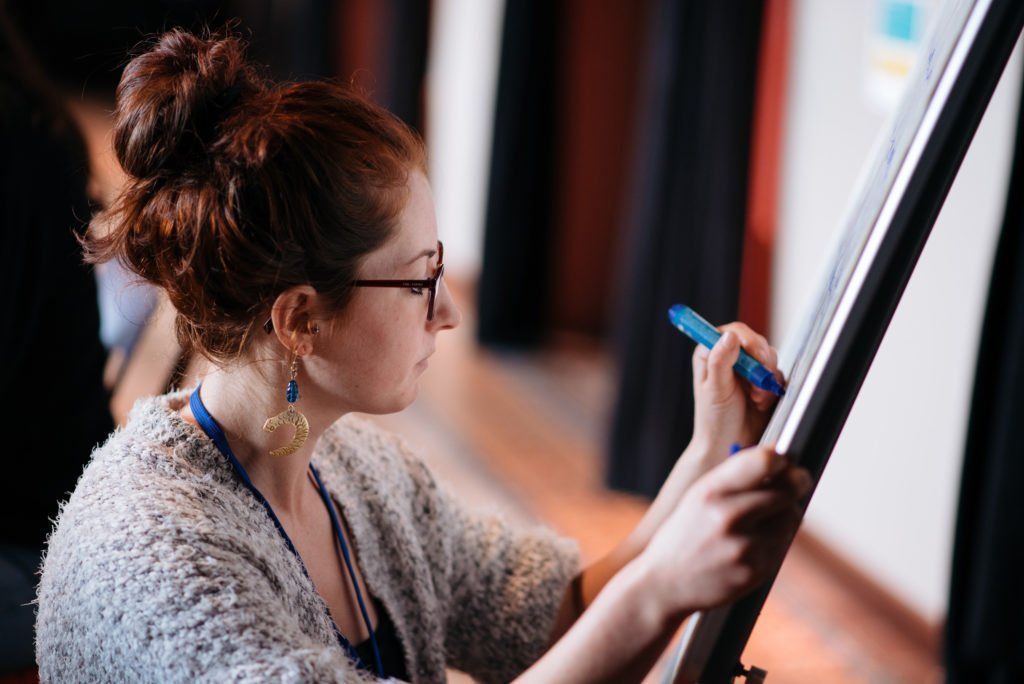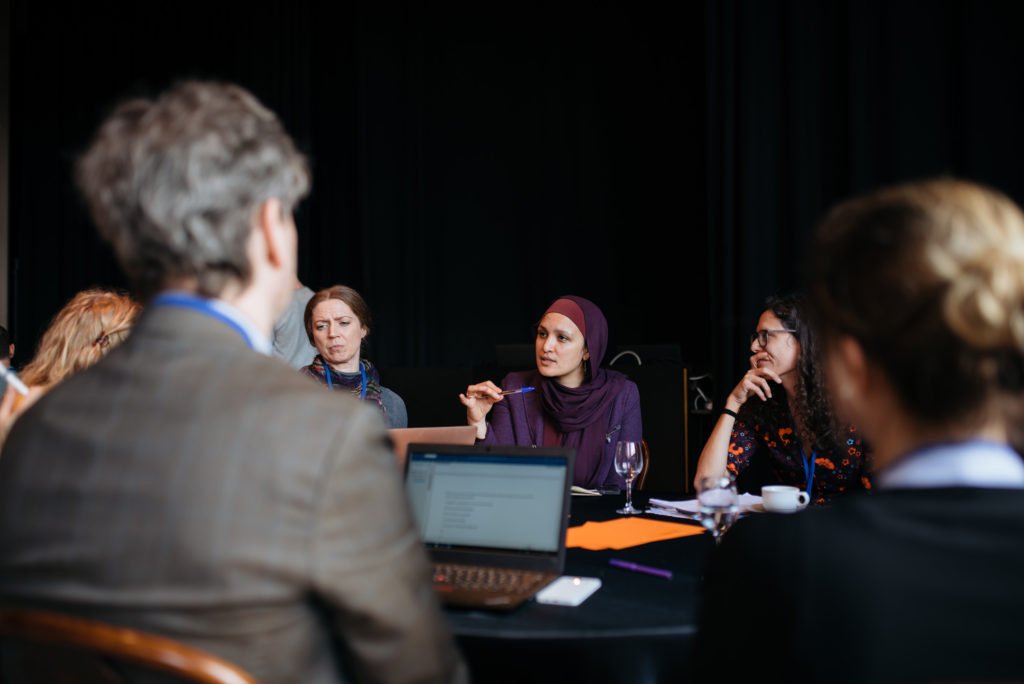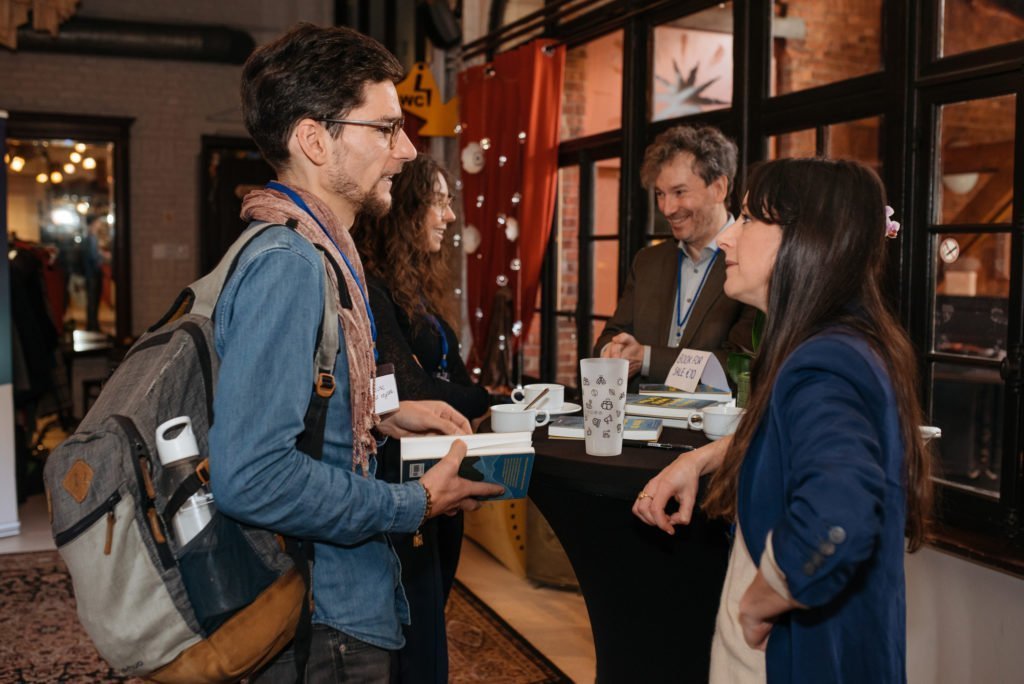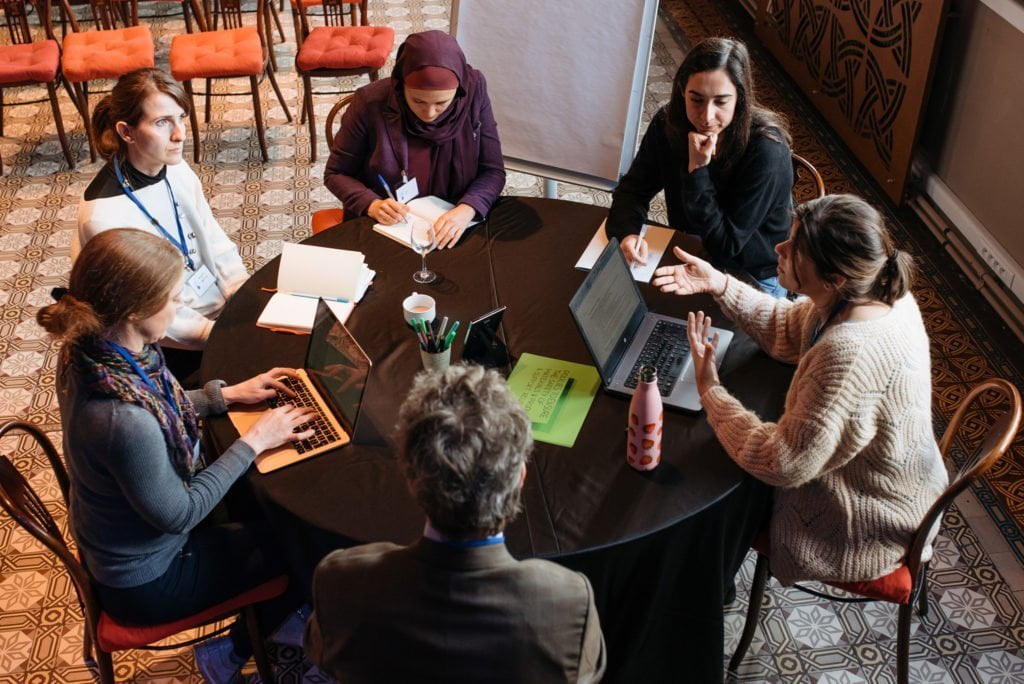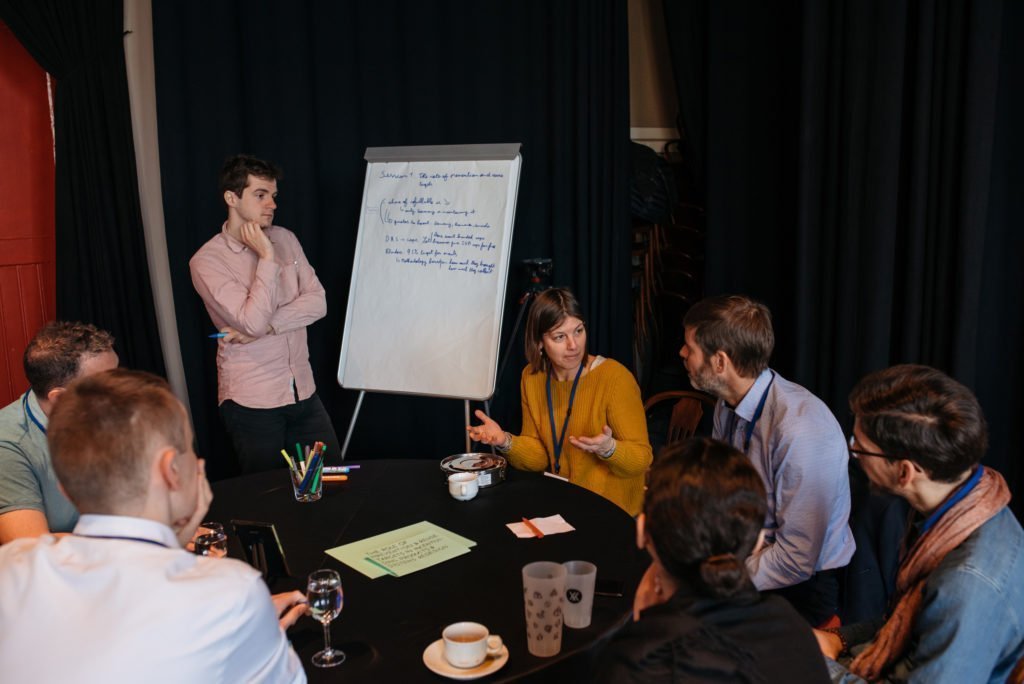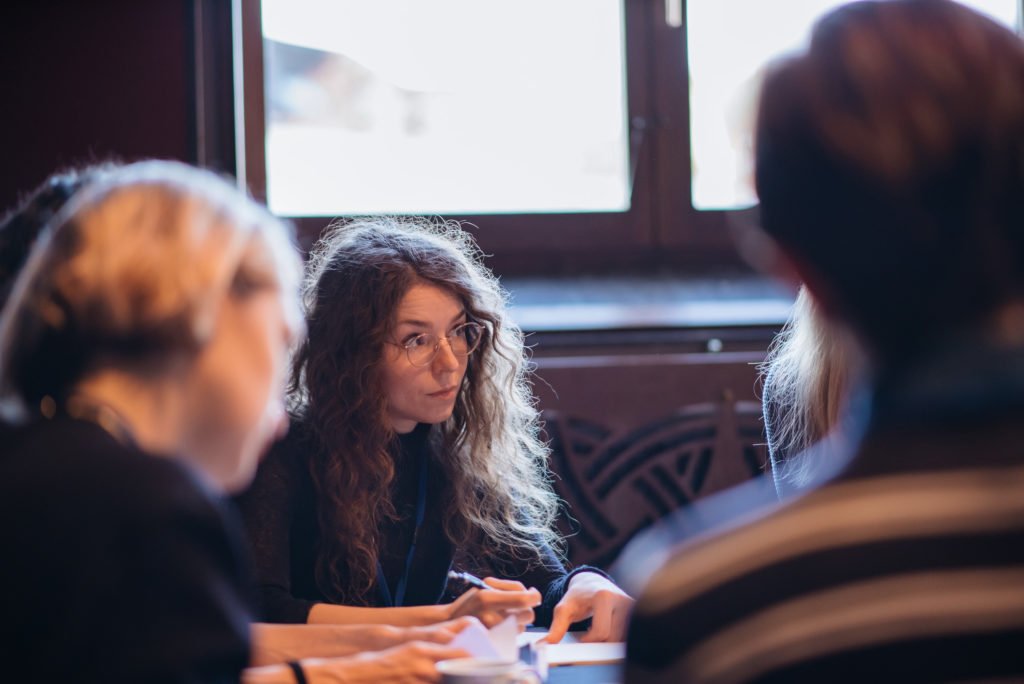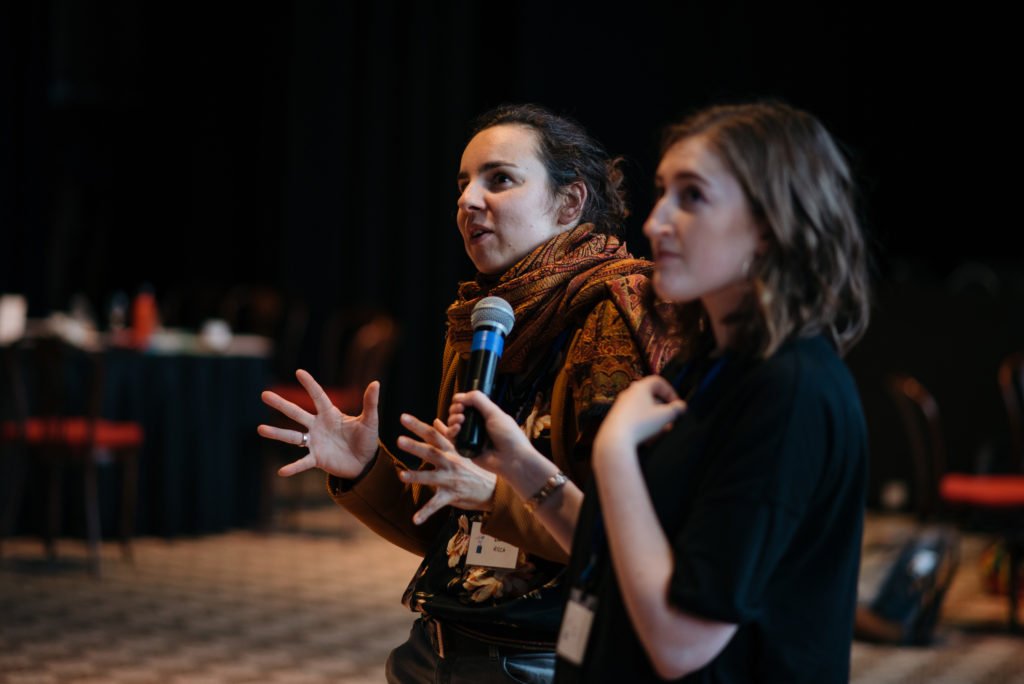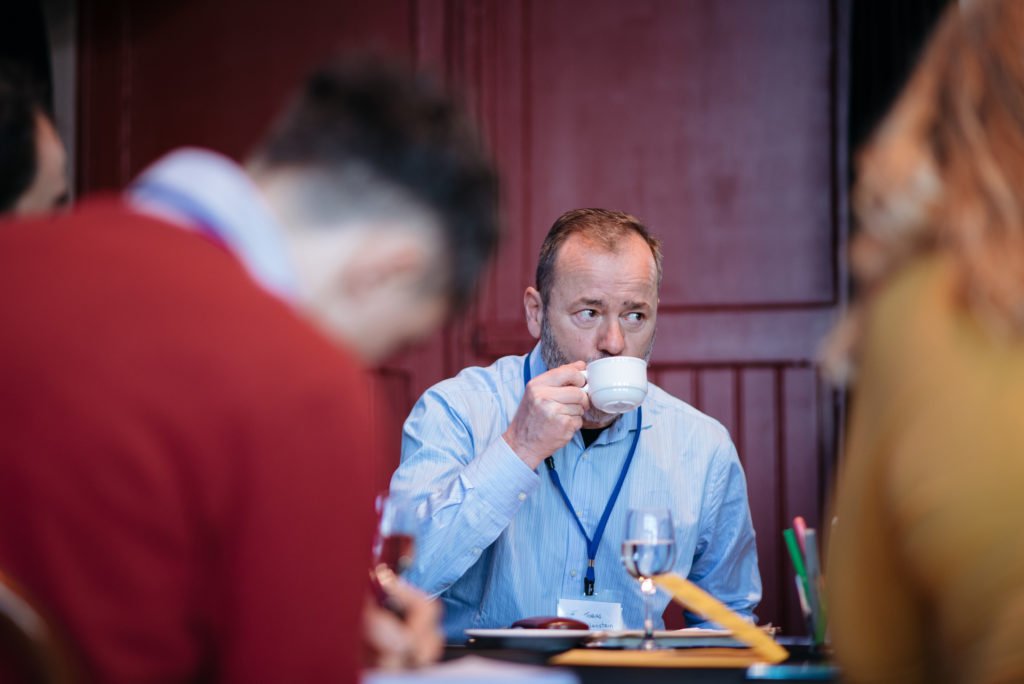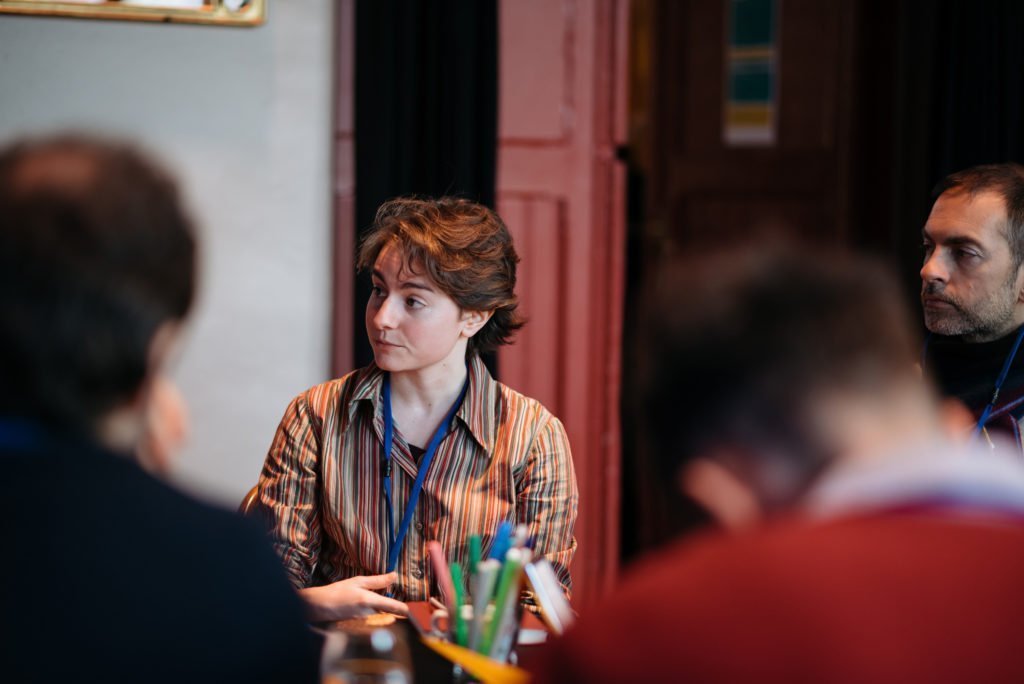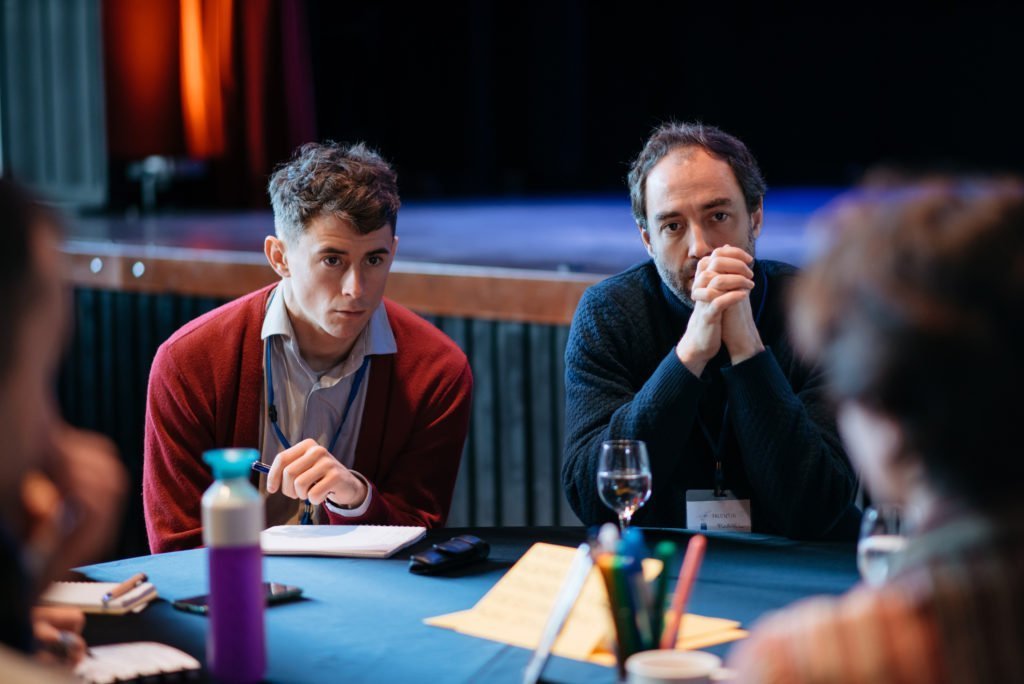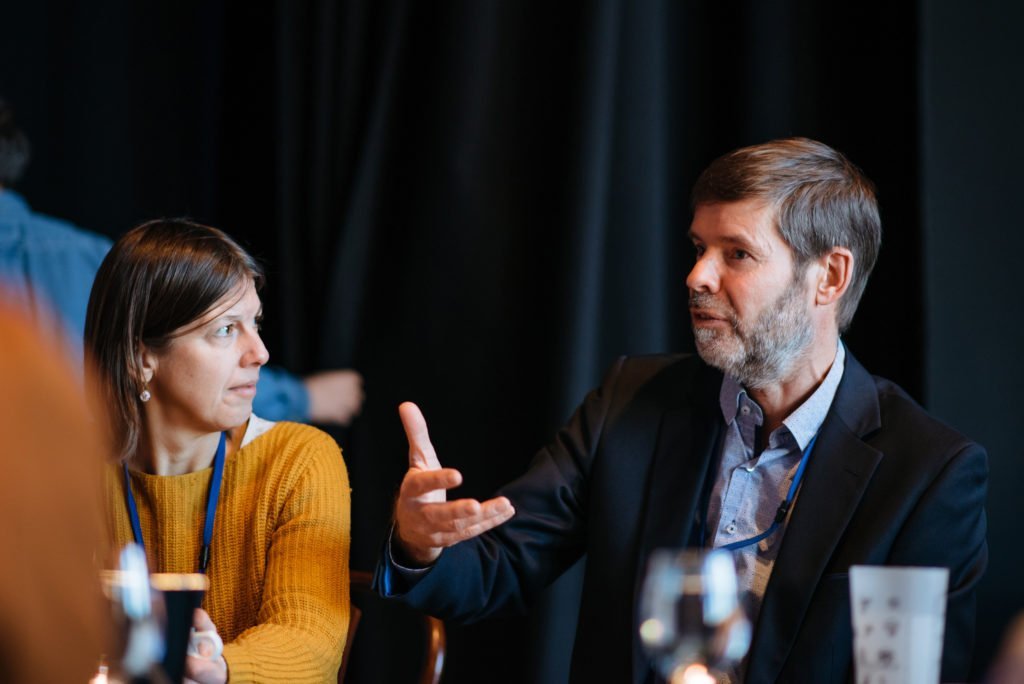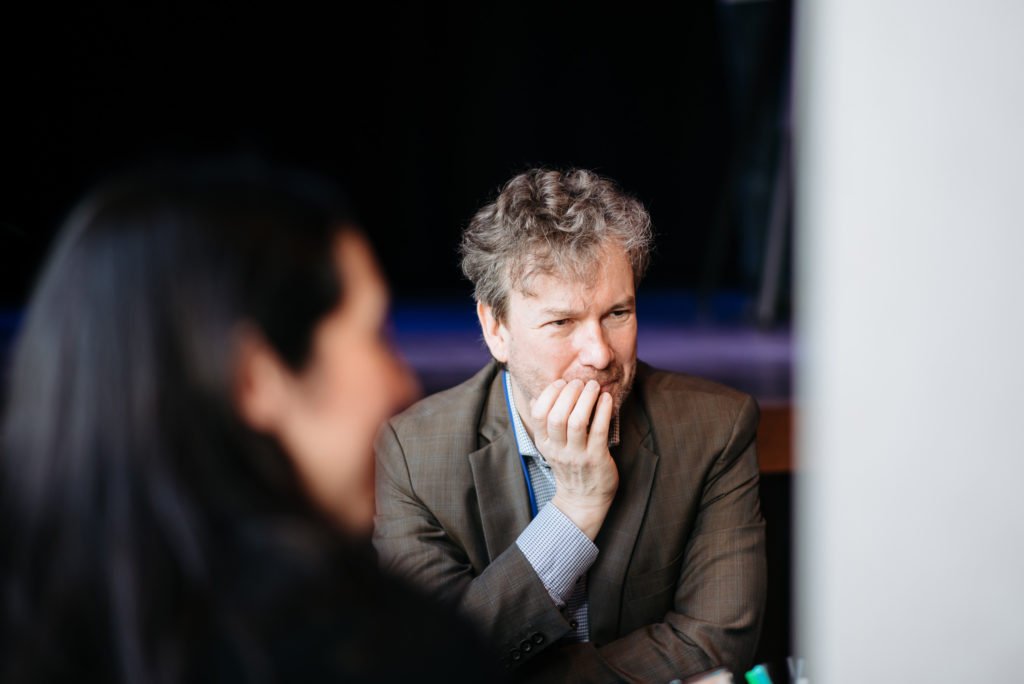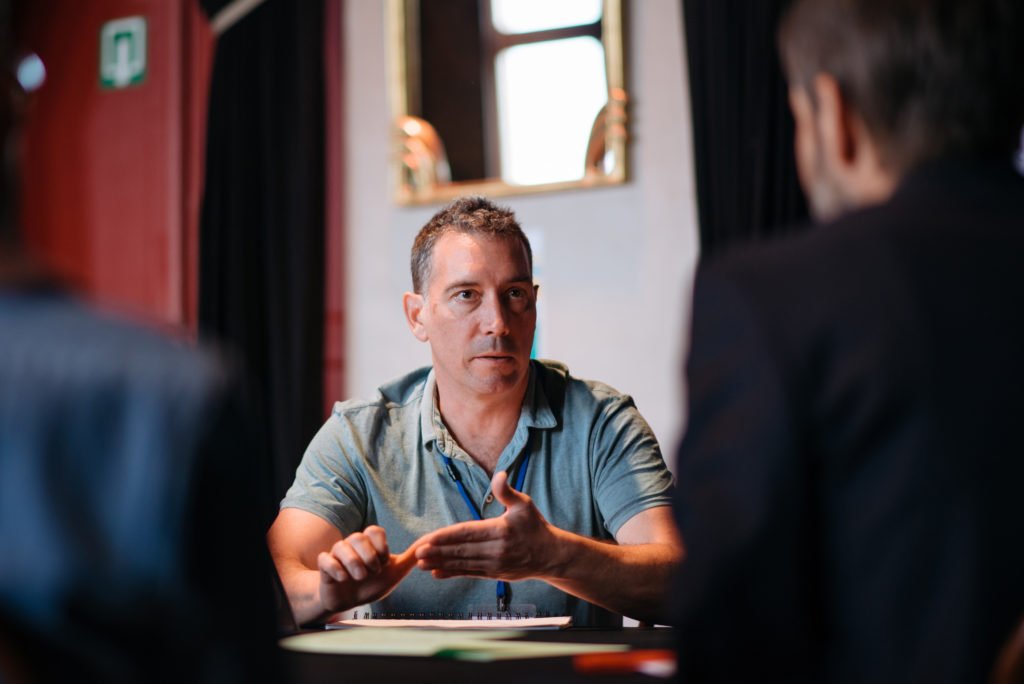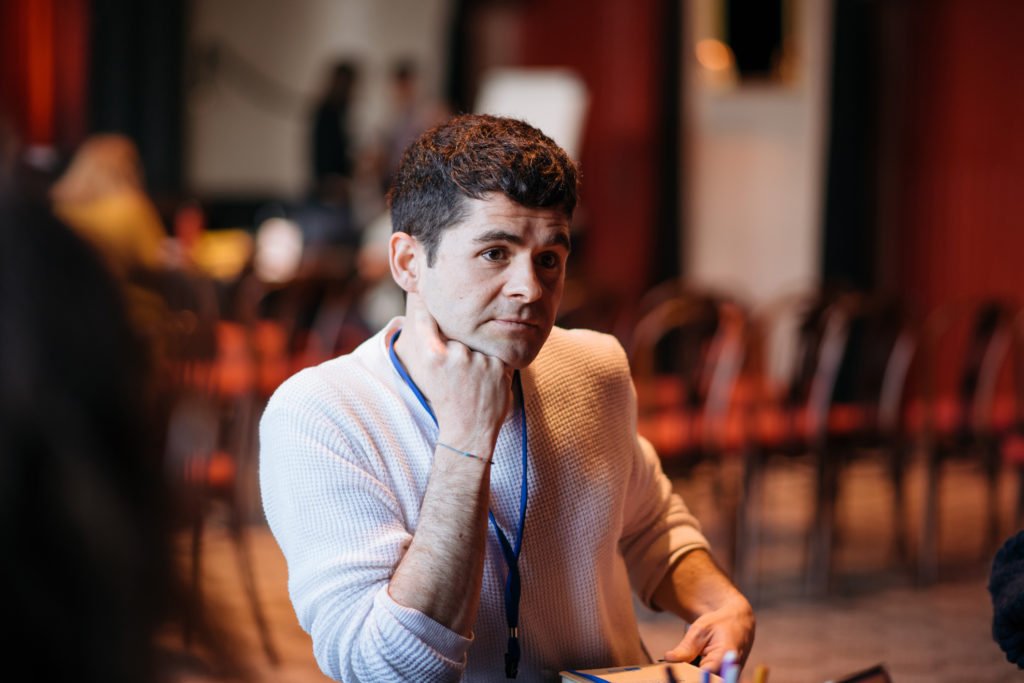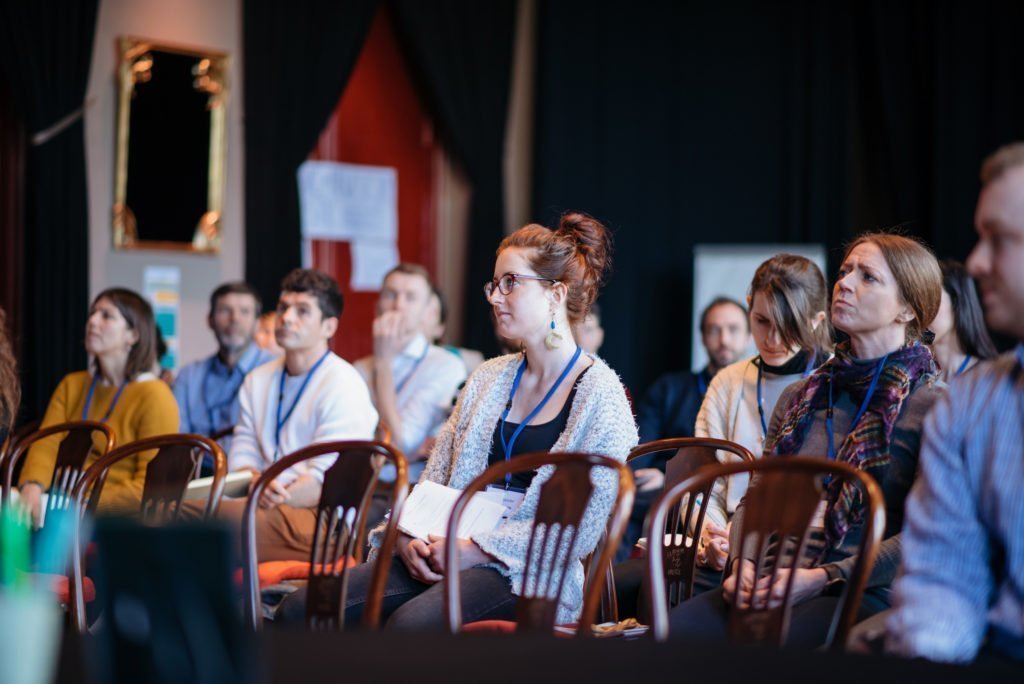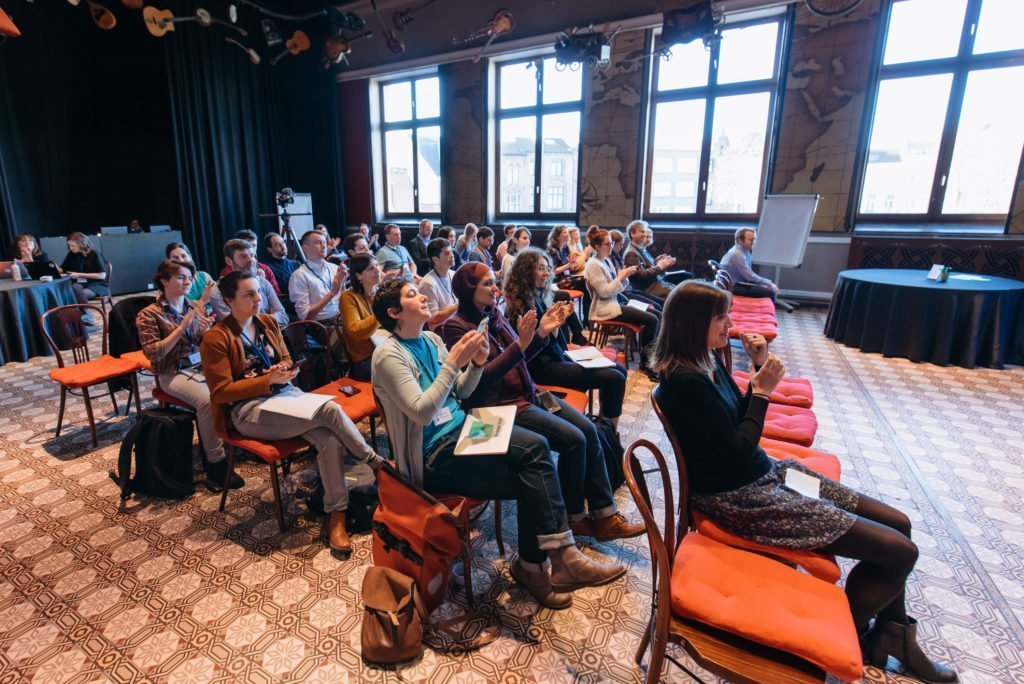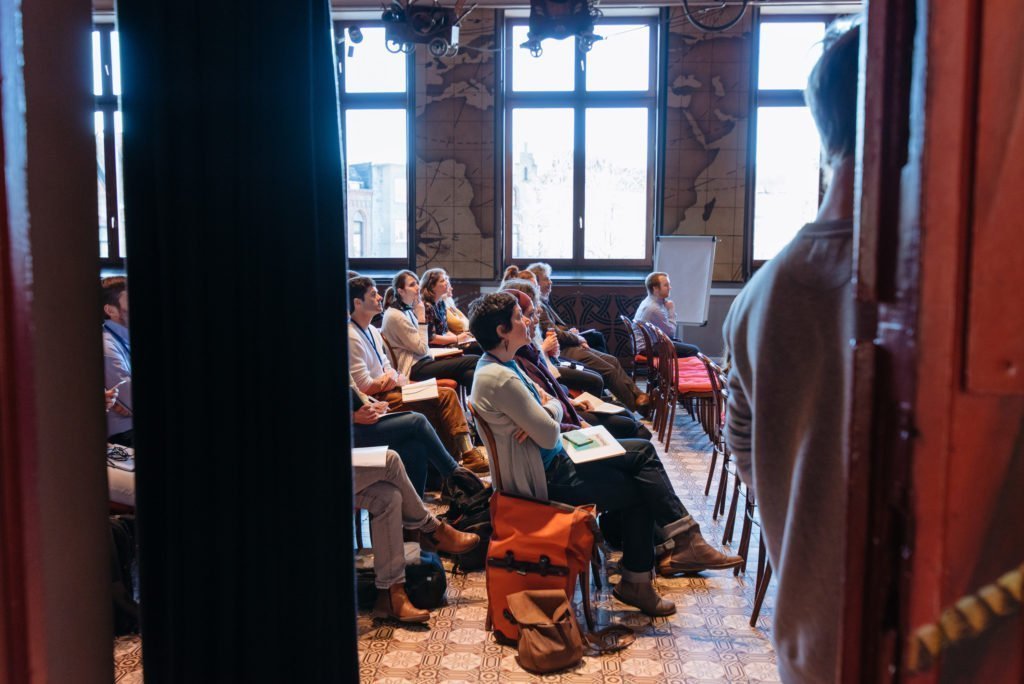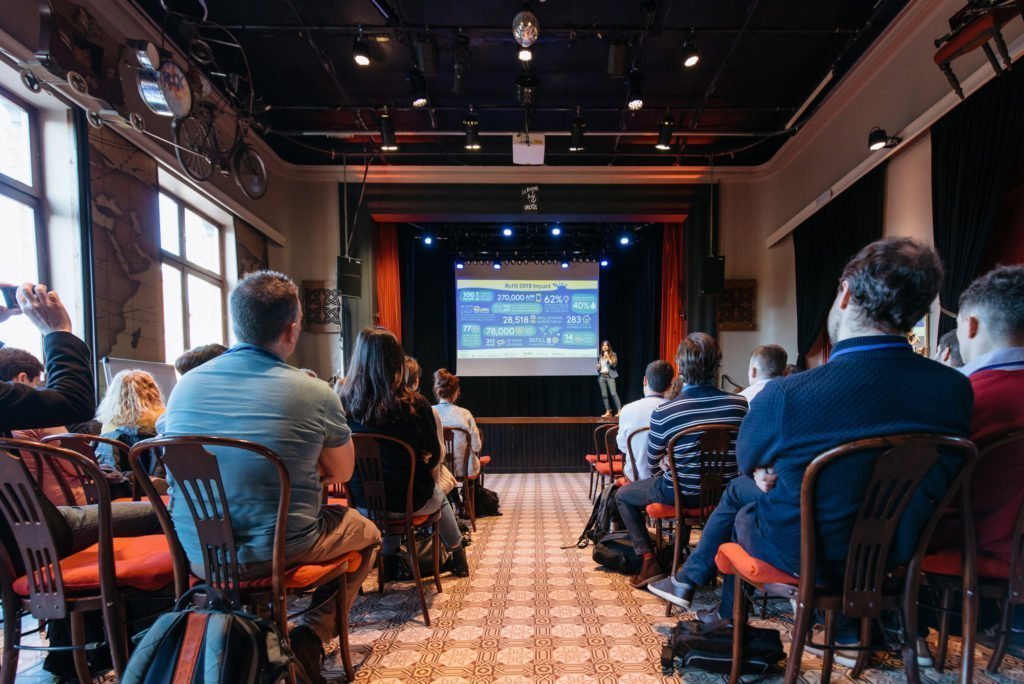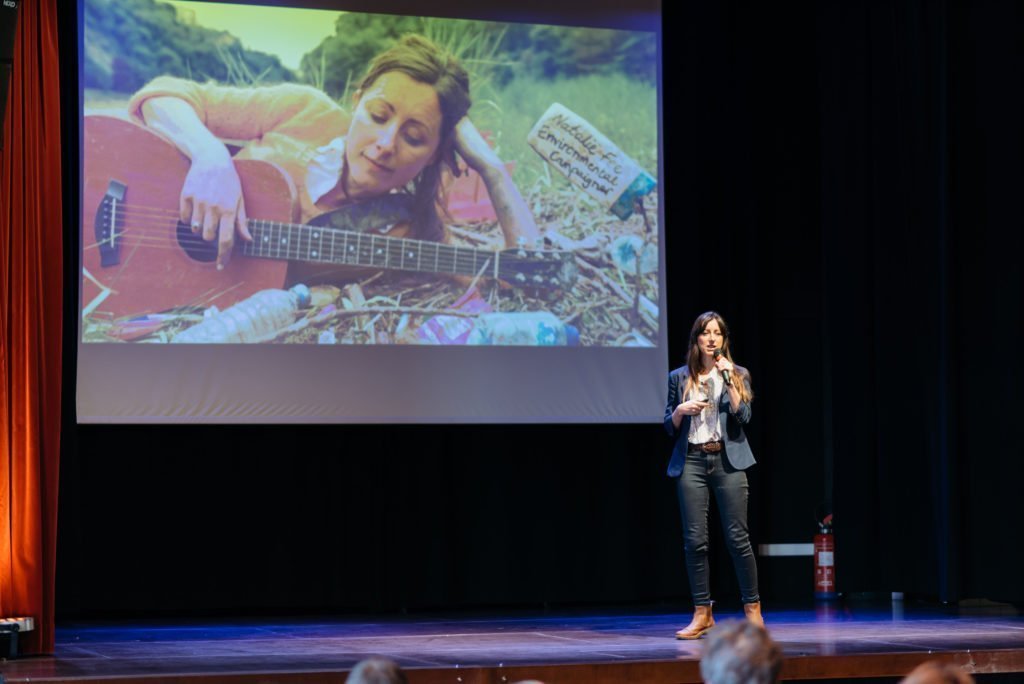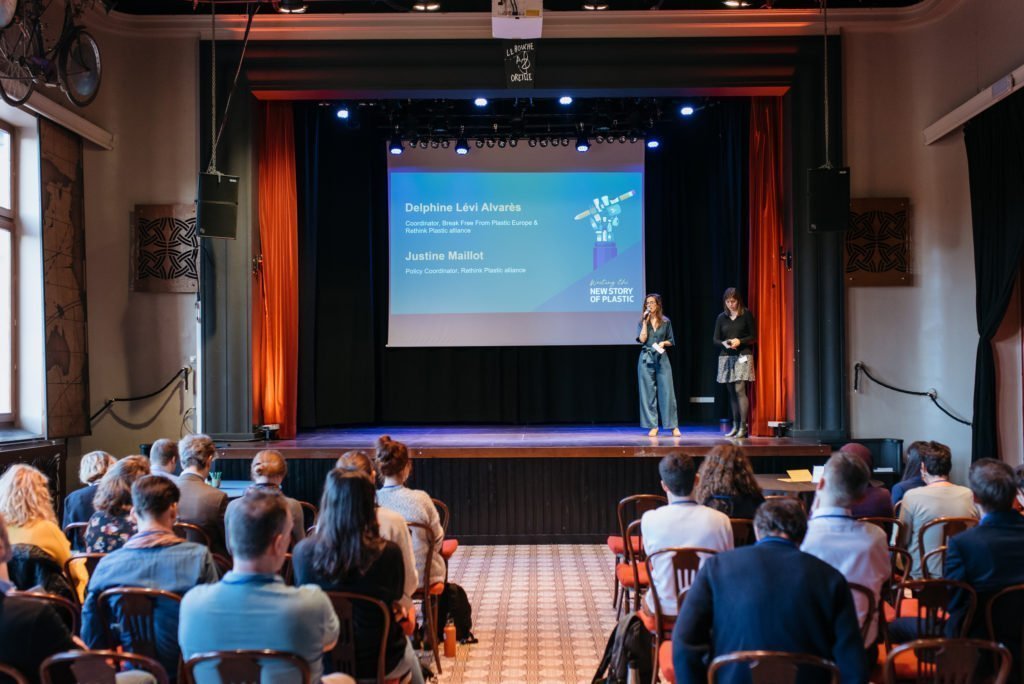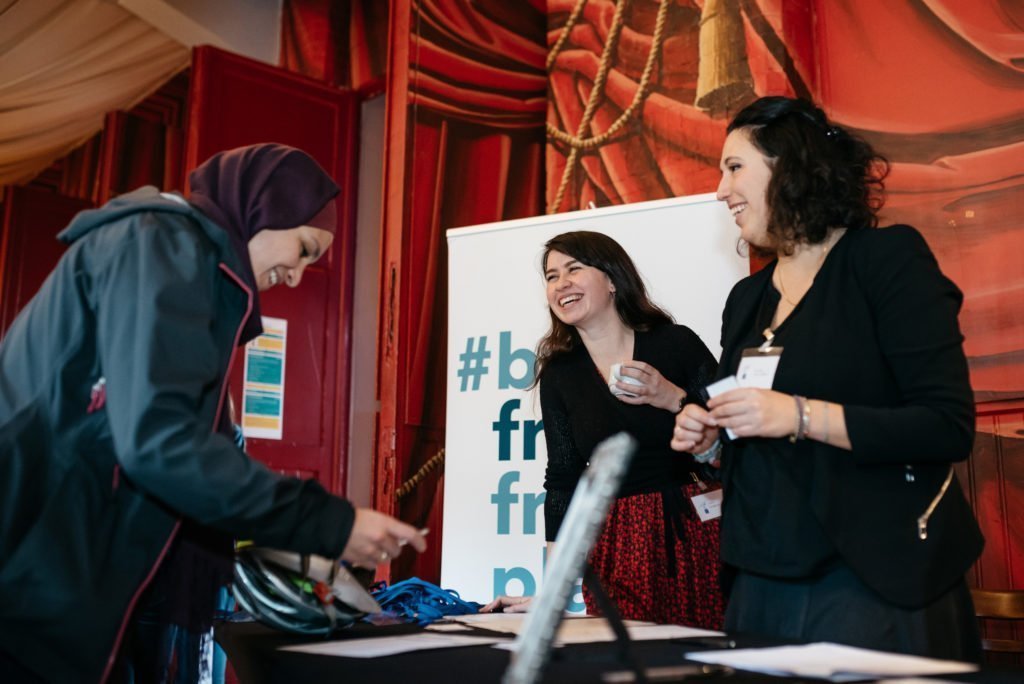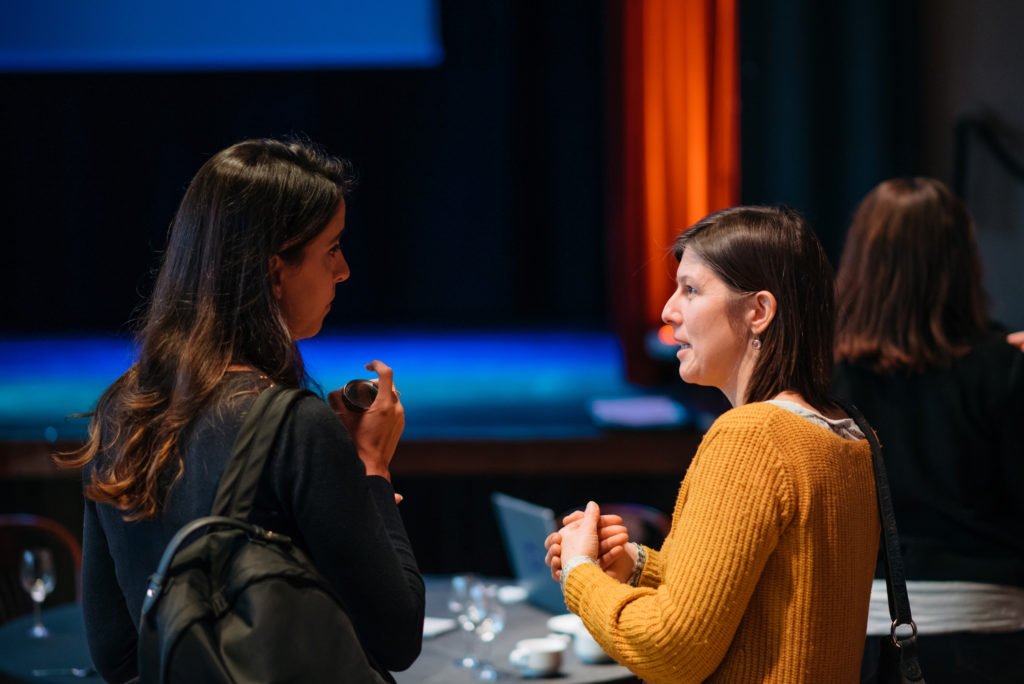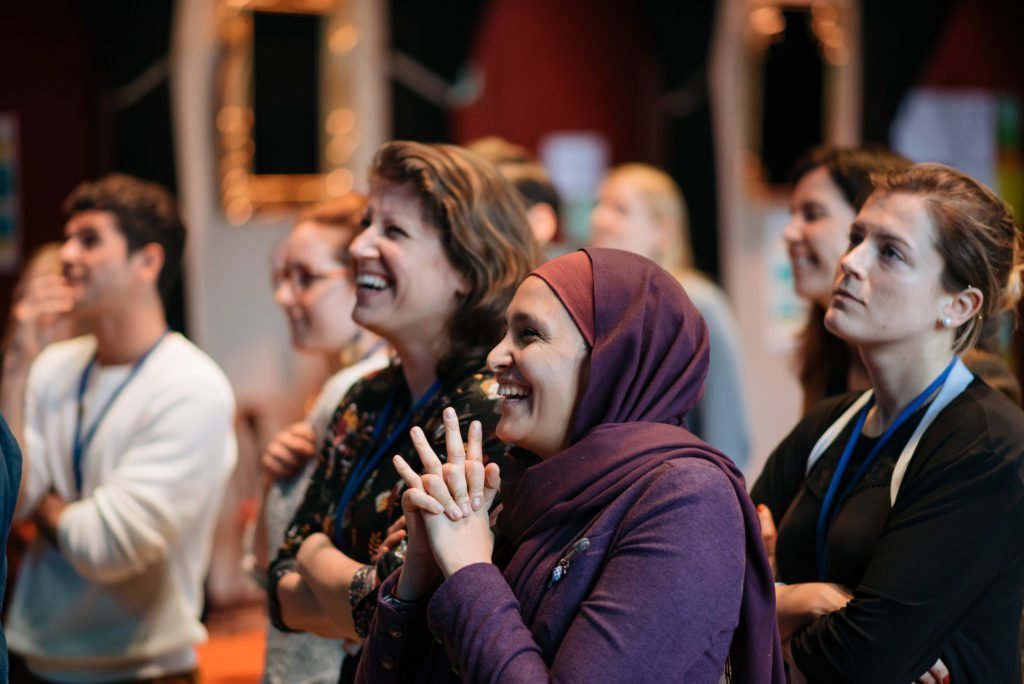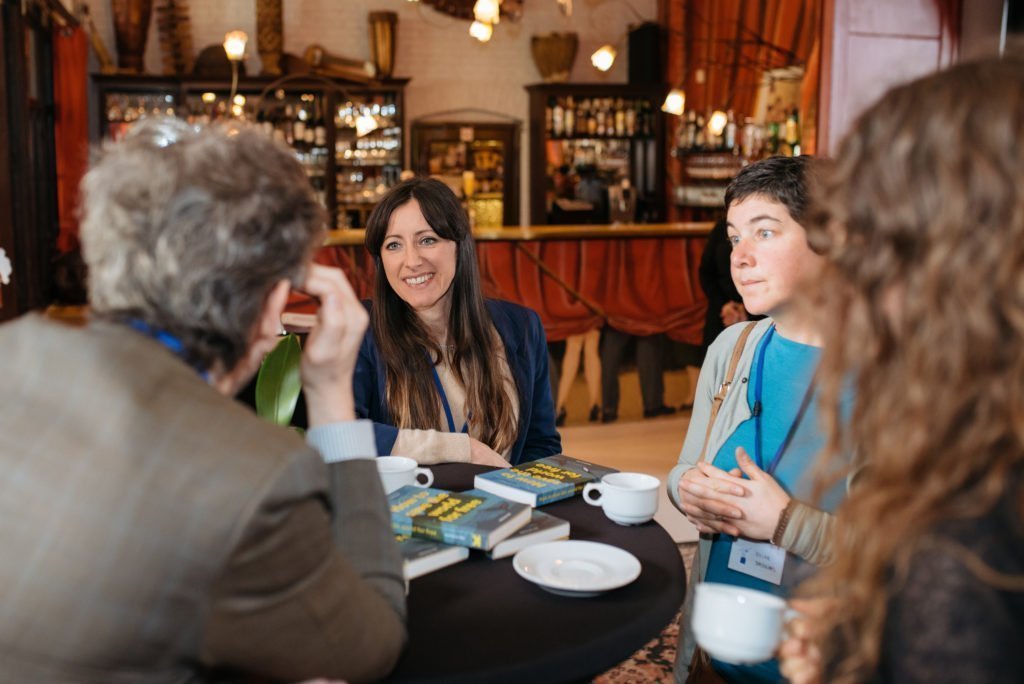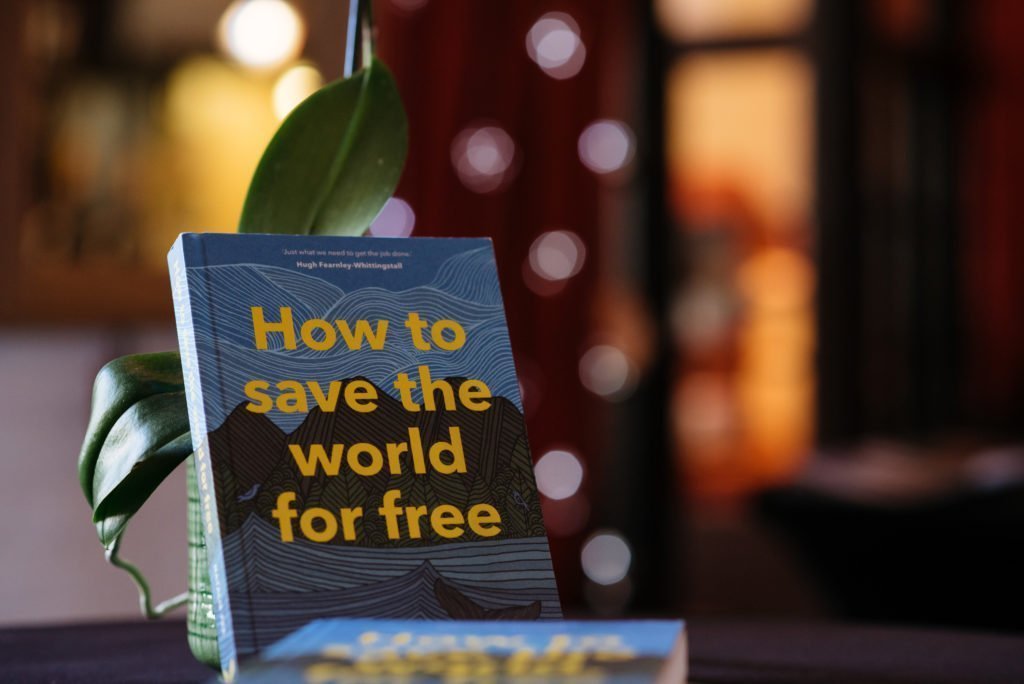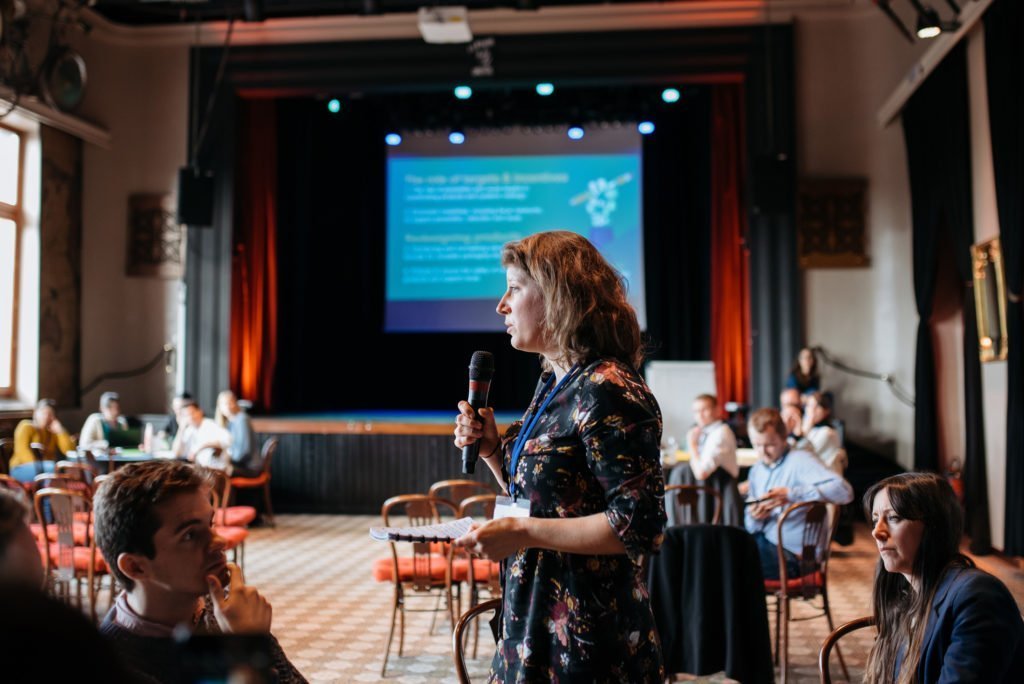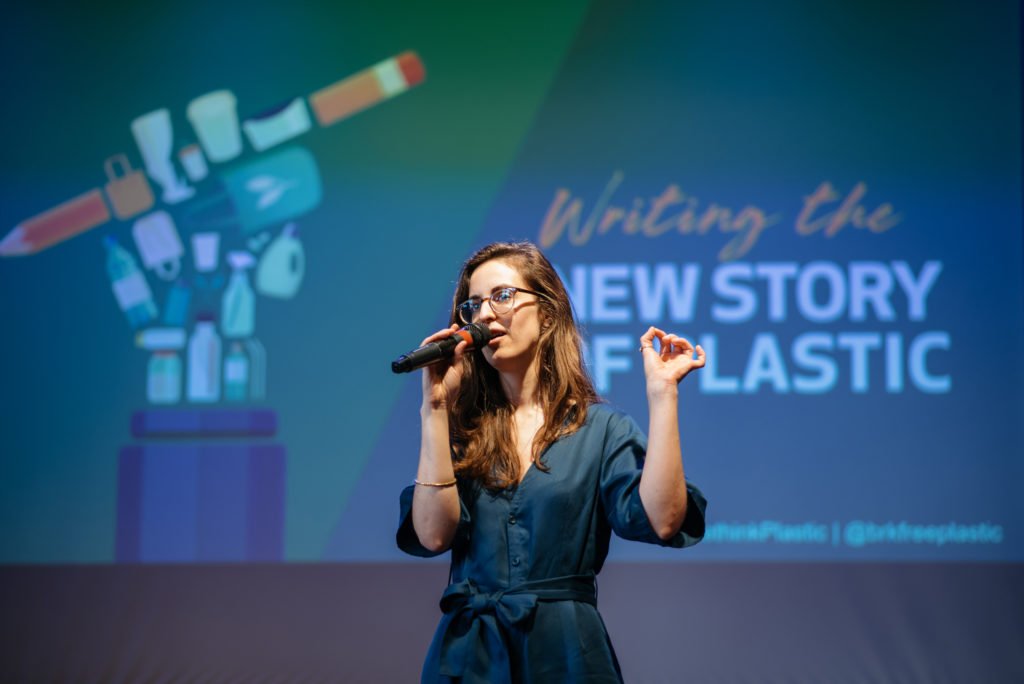The complexity of our plastic crisis stems from the fact that plastic is part of a globally connected value chain that has often been approached through regional waste management programs, which only tackle plastic at the end-of-life, when what is needed is a sweeping transboundary approach that tackles plastic at every stage of its lifecycle.
When the United Nations Environment Assembly (UNEA) first came together in 2014 in defense of nature, it recognised marine plastic debris and microplastics as an issue that demanded comprehensive action. This week, UNEA gathers virtually for the first installment of its 5th session (UNEA-5.1), gearing up to UNEA-5.2 this time next year, when Member States will gather in Nairobi, Kenya, to open discussions for a coordinated global response with a potential binding mechanism towards plastic pollution—which could lead to a much needed global treaty. In anticipation of UNEA-5.1, the Break Free From Plastic movement and the Rethink Plastic alliance invited speakers Giulia Carlini (Center for International Environmental Law), Hugo-Maria Schally (European Commission) and Christian Sekomo (University of Rwanda), to discuss at a virtual conference the need for this global treaty, the challenges it poses, and key aspects of the four pillars of action that would provide its proposed structural and conceptual framework. The conference was moderated by Christina Dixon of the Environmental Investigation Agency, and the insights gathered from our speakers have formed the basis for this article.
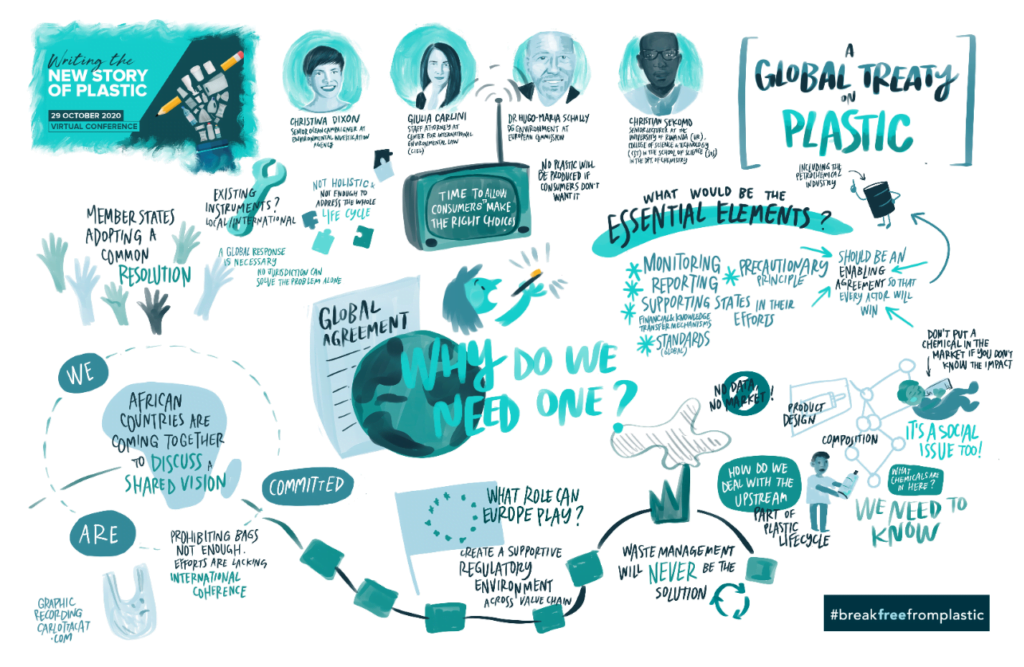
Why a global treaty on plastic is important
With so much existing legislation on plastic today, we might wonder why a global treaty is important and what it can accomplish that existing legislation hasn’t been able to. In looking to understand the source of the problem, member states of UNEA asked the United Nations Environmental Programme (UNEP) to take measure of existing legal instruments at the regional and international level, and assess whether they were effective in tackling marine plastic pollution and microplastics. Their conclusion, which corroborates other studies done on the subject, was that they are fragmented and inadequate.
The issue is that current instruments only cover bits and pieces of the lifecycle plastic. We have agreements in place that look at marine plastics, for example, or that look at chemical waste, but there is no legislation that is holistic and tackles the full lifecycle, which includes production and consumption – the source of the problem. Dealing at the level of waste management will never be an effective solution to an issue that is created through the design of products and materials, and the way they are distributed and consumed – before we even get to the problematic way they are discarded at the end-of-life. The case for international governance becomes evident simply by looking at the level of the EU, where we have 27 different nation markets operating within one single internal market. When the European Commission looked into what a European plastic strategy would look like, it was clear that this would require solutions that apply both along the value chain and the supply chain, in addition to a supportive environmental regulatory system that involves governments at all levels. And still, this would never be enough: what became equally evident was that government instruments in Europe alone would never suffice to combat our plastic crisis, as partners outside of the EU would always be subject to some kind of pressure due to international trade in materials and substances.
What can a global treaty on plastic look like?
While global governance with binding legislation for plastic may seem like a tall order, it is certainly not out of the ordinary. There is precedent: we have some degree of global governance when it comes to dealing with toxic waste, for example, and ship-born plastic pollution. What’s needed today is legislation with considerable focus on the upstream elements of the plastic lifecycle – with the conception, design and production of materials – which is conspicuously lacking in our fight against plastic pollution. Member States of UNEA have identified four broad categories of necessary action, key pillars that seek to address our current legislative gaps and that can lead to effective change:
- 1 Monitoring and reporting
As the market for plastic is transboundary, countries all over the world would benefit, for example, from knowing the material composition of the plastic they receive in order to make better decisions about what to do with it. This touches a key component of this pillar: standardising monitoring and reporting of elements that pertain to a circular economy – not just the material composition of plastic, but how its designed, used, consumed, etc. We can look to Rwanda for a prime example of the limitations posed by a lack of global reporting standards in this regard. The mosquito nets Rwanda imports from the US come in plastic packaging, the chemical composition of which are not disclosed. Even though the recycling plant in Rwanda has attempted to contact the manufacturers in the US, they have been unsuccessful in getting full transparency. Without this knowledge, Rwanda is unable to recycle this plastic packaging, which hinders the development of a circular economy. The other key component is standardising the monitoring and reporting on the presence of plastic pollution and its environmental impact.
- 2 Plastic pollution prevention
Preventing discharge and creating a safe circular economy for plastics is the primary focus of this pillar. In order to prevent plastic discharge, this pillar proposes plans that touch on infrastructure investments, market restrictions, and remediation of legacy plastic pollution, amongst others.
Beyond plastic waste and microplastics, we must also remember that there are often additives in plastics – to make them hard, or soft, or colourful – that can be hazardous and come at a cost to our health. In addition to interfering with the development of a safe circular economy, additives are endocrine disrupting chemicals linked to cancers, chronic diseases, and weakened immune systems. There is very little now that addresses this issue at international level. We have the Stockholm Convention on persistent organic pollutants, which covers some of the world’s worst chemicals, but this is just a very small part of all existing additives. When it comes to plastic pollution prevention in terms of a global treaty, there is discussion of having voluntary industry standards, but an ideal approach would be to not let substances that aren’t proven safe enter the market in the first place. It’s important that this happen in the design phase of products, and especially with consumer products. “No data, no market,” is the ideal philosophy in the EU.
Another key element of this pillar is putting measures in place that cap and reduce plastic production. It’s common to get a lot of pushback from companies when they hear about this kind of regulation, because there’s a myth that regulation is an obstacle that hampers production. But when the EU put in place chemical regulation, for example, what ensued was an increase in the number of patents for safer alternatives/inventions.
- 3 Technical and financial support
While rules and regulations must be put in place, it is imperative that technical support be available to policy makers and financial support be available to developing countries. Technical assistance, capacity building, policy development, and scientific and socio-economic assessments are elements that this pillar defines as necessary in order to help define and drive the financial activities for developing countries. For example, in order to reduce microplastic pollution from textiles, countries might commit to requiring new washing machines to contain filters that collect fibers during the washing cycle. This would, in turn, compel washing-machine manufacturers to redesign their washing machines to include new components and upgrade manufacturing facilities. This redesign and upgrade could be considered an incremental cost of compliance for developing countries.
- 4 Coordination
This pillar ensures the coherence and coordination of existing international and regional agreements in order to avoid redundancies and maximise efficiency. While coordination with international and regional instruments is paramount, the challenge is also recognising that separate bodies have their own mandates and competencies. In the context of Africa, for example, certain countries are jumping on plastic bans while others are reluctant to do so because they have sectors of their economy that rely more heavily on plastic.
How can we get corporations on board?
Today, approximately 275 million tonnes of plastic waste is produced annually and virgin plastic production is only projected to increase in the coming years. What’s important to consider in this light is a global treaty that provides a win-win scenario, in which binding rules help everybody profit: we need to look for an agreement that will preserve a circular and sustainable use of plastic for decades to come and not make a whole industry go bankrupt. In the fight against plastic, we sometimes forget that plastic can be incredibly useful when it’s designed and conceived in the right way.
Ultimately, the market is the master, and policy needs to work on the side of demand in order to curb supply. What we call unsustainable plastic today (such as any single-use plastic) needs to be deemed unnecessary plastic. Rather than telling industries that they can not produce plastic (which in a market economy never works), we need to be saying that there is no market for certain plastics, such as those that can not be safely reused. There are many producers today who understand this and are willing to jump on board.
Where do we stand today?
With UNEA-5.1 underway, we have an opportunity to send an important and clear political message, to push for a global treaty on plastic that will enable consumers, economic decision makers and policy makers to make the right choices. With access to the right technology and capacities, a global treaty on plastic should be an enabling, empowering instrument that allows countries and jurisdictions to make their choices and implement them in an effective way. Due to the current COVID-19 pandemic, the second installment of UNEA’s 5th session (UNEA-5.2) is happening a year later than expected so as to allow the conference to be held in person. Rather than seeing this delay as an impediment to momentum, we have a unique opportunity to have more interaction between regions and countries than previously envisaged, mature the ideas we want to bring forward, build progressive partnerships, and present a strong unified message when the assembly reconvenes in 2022. What we are aiming to reach at UNEA-5.2 is the mandate to form an Intergovernmental Negotiating Committee for a new global agreement. Given the speed at which interested parties are mobilising and moving discussions along, we can feel confident about making a global treaty on plastic a reality in the not too distant future.
By Natasha Naayem for the Rethink Plastic alliance
